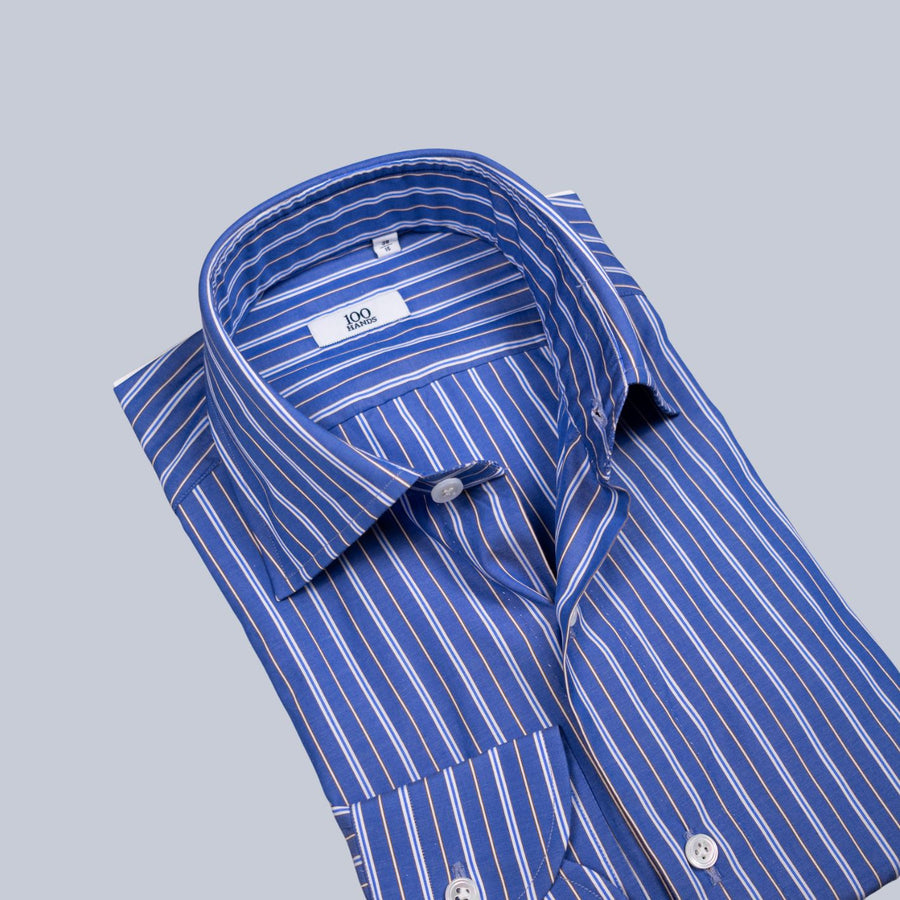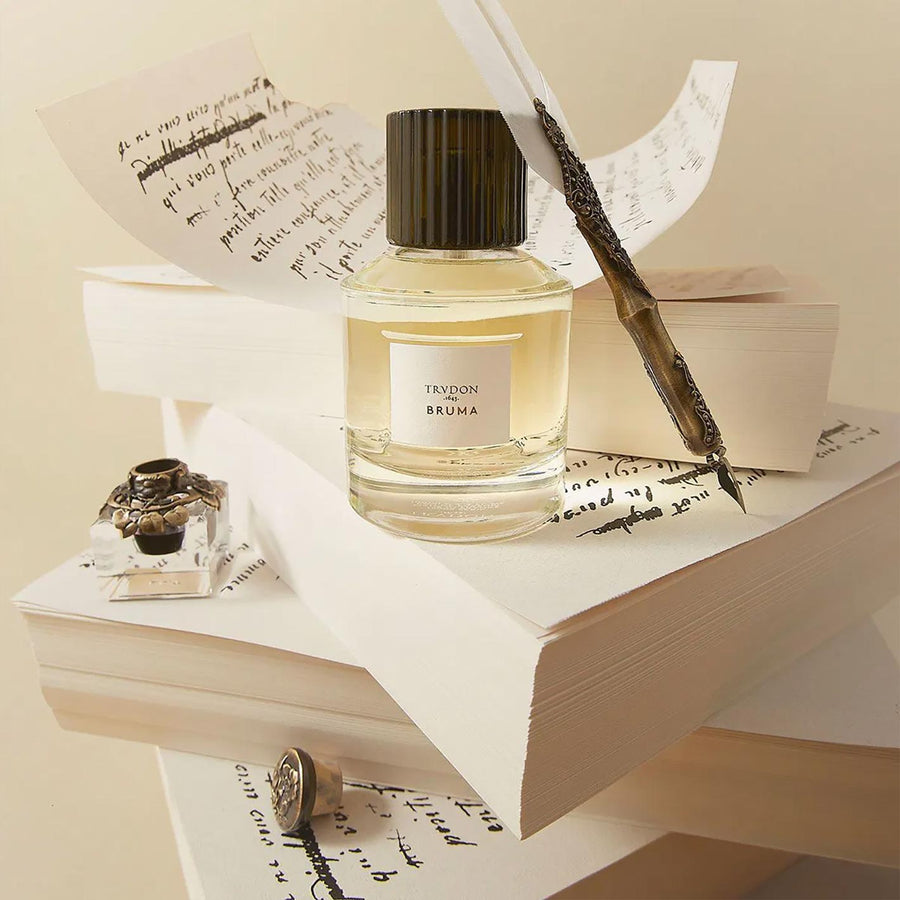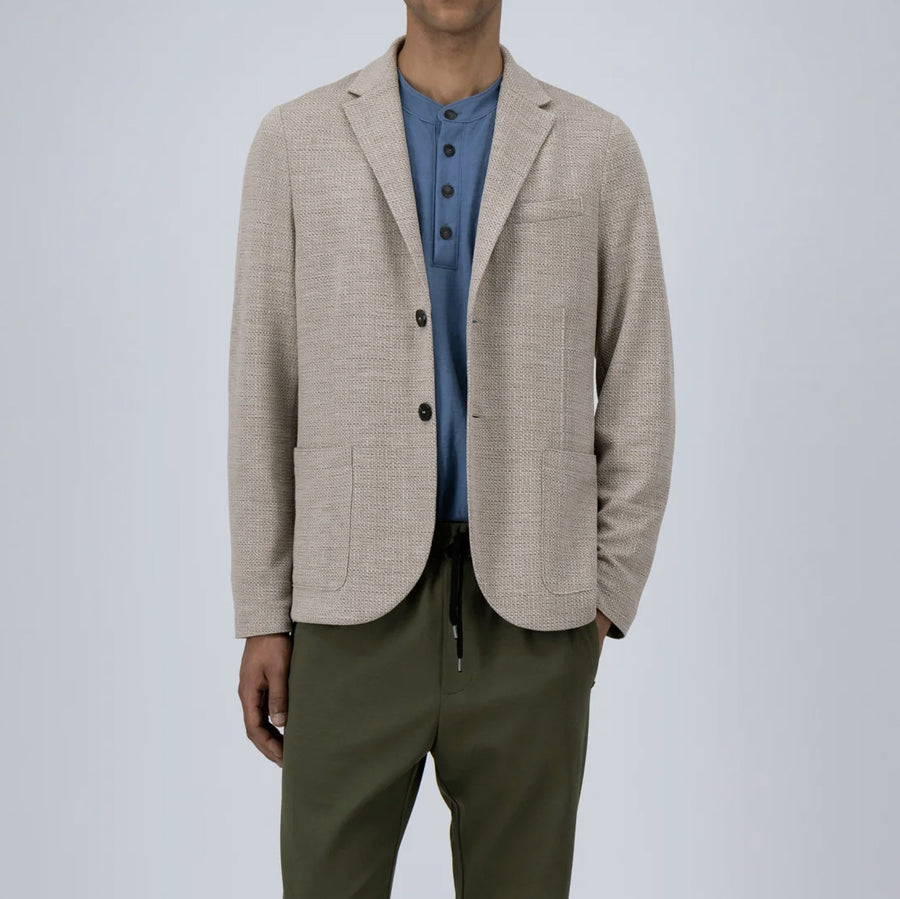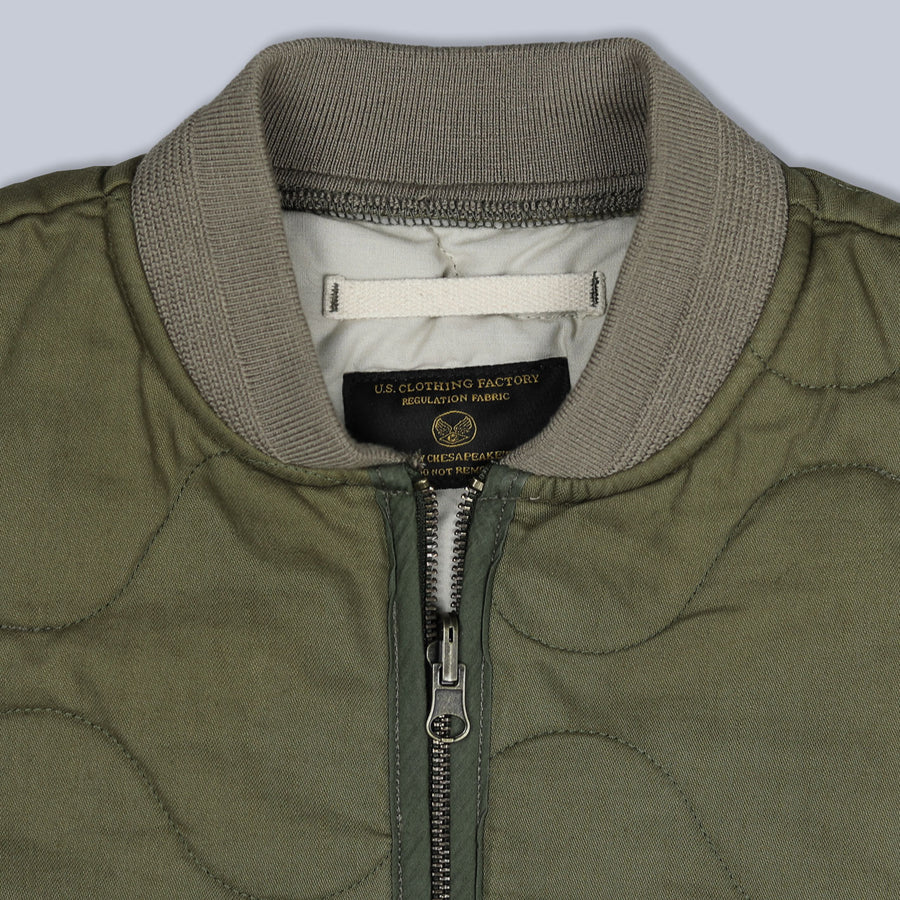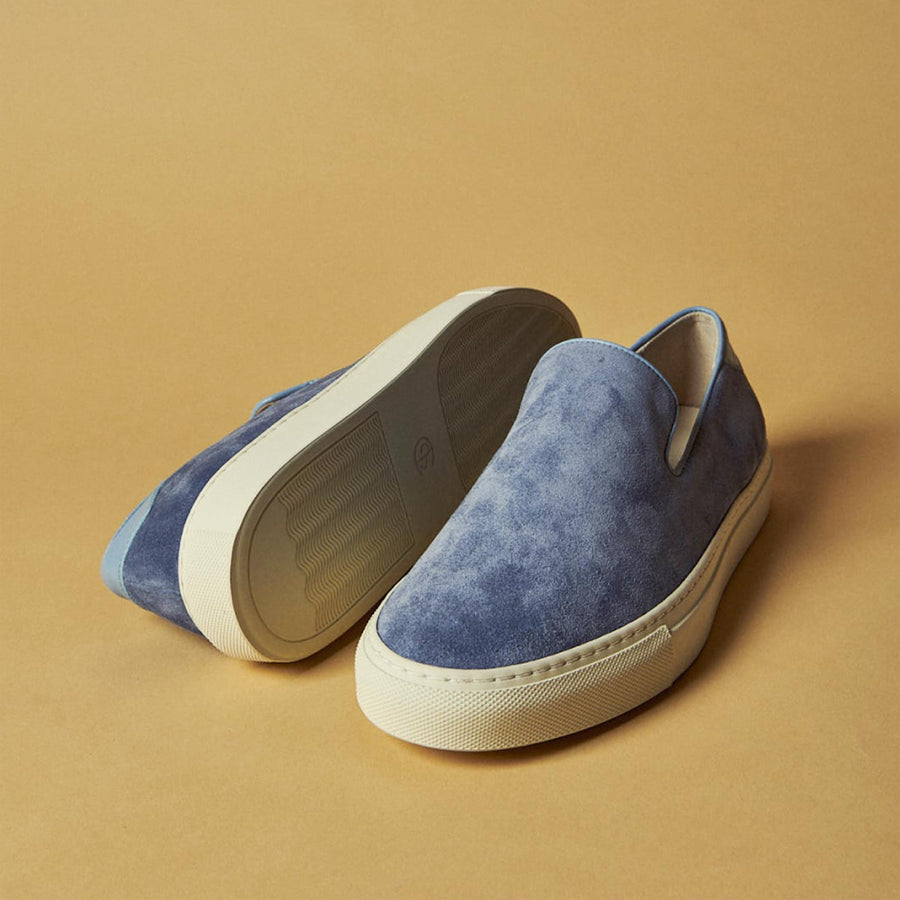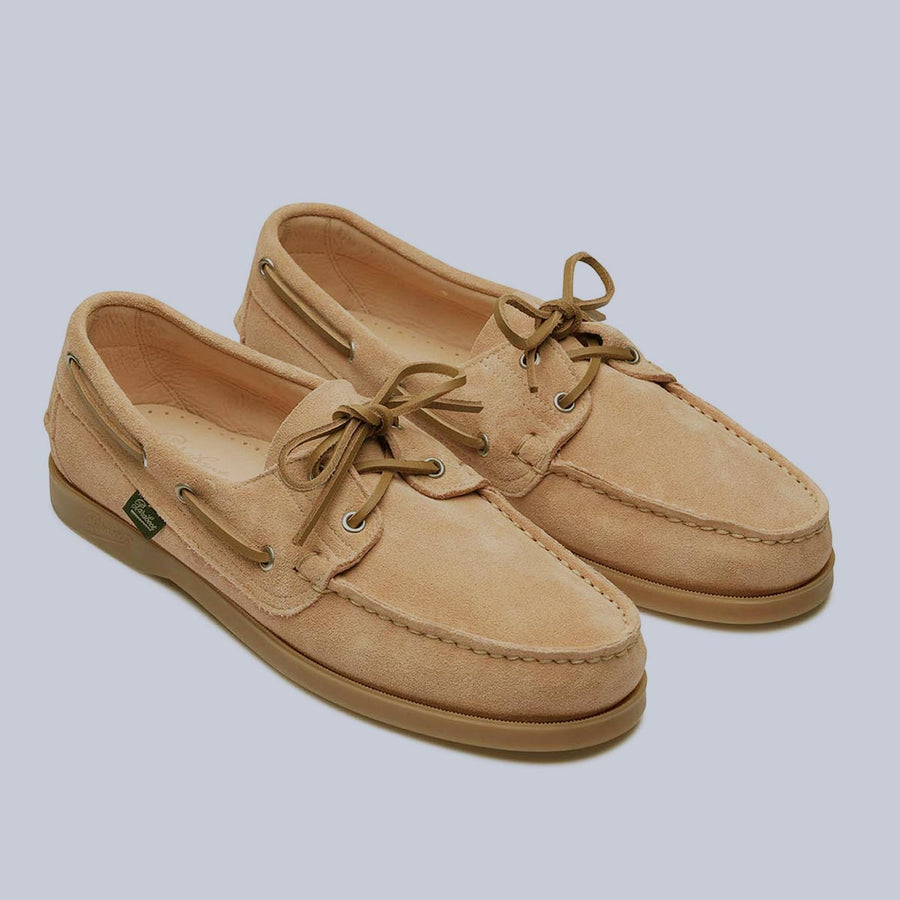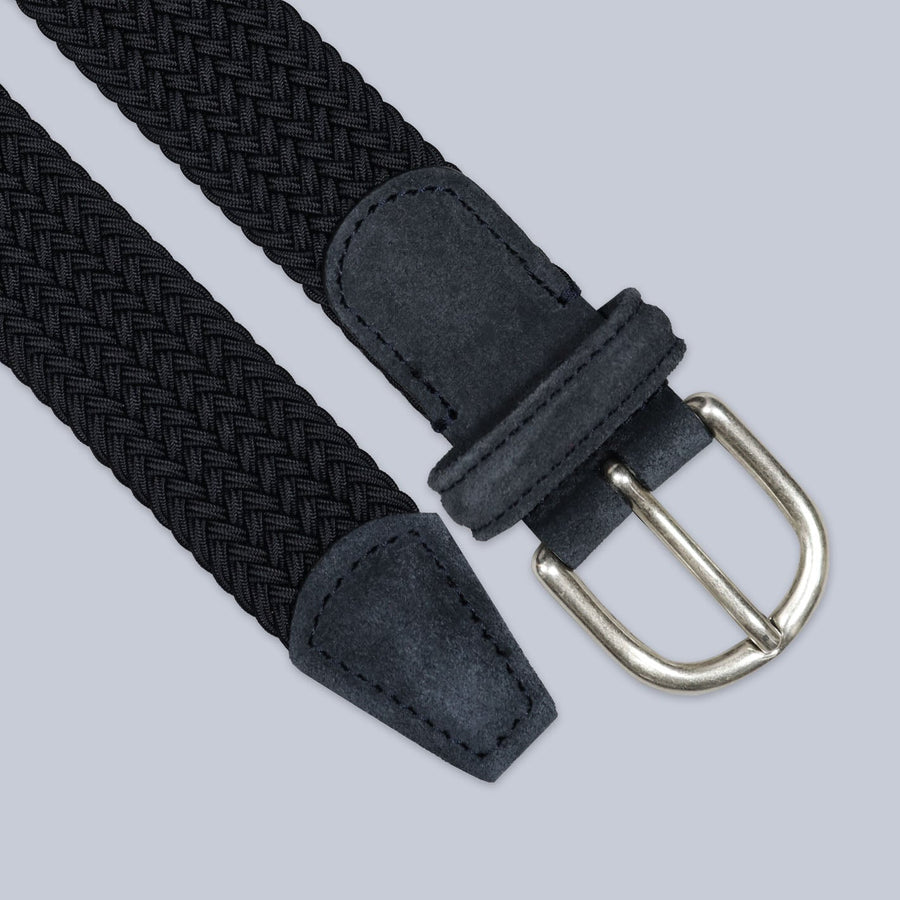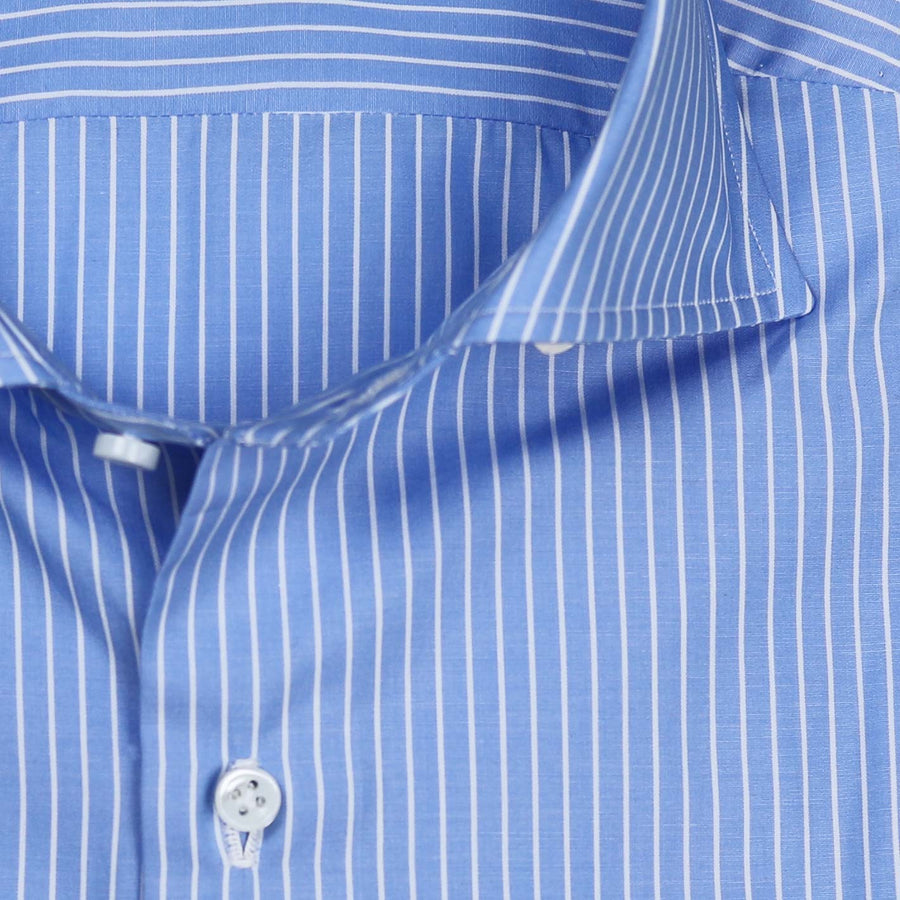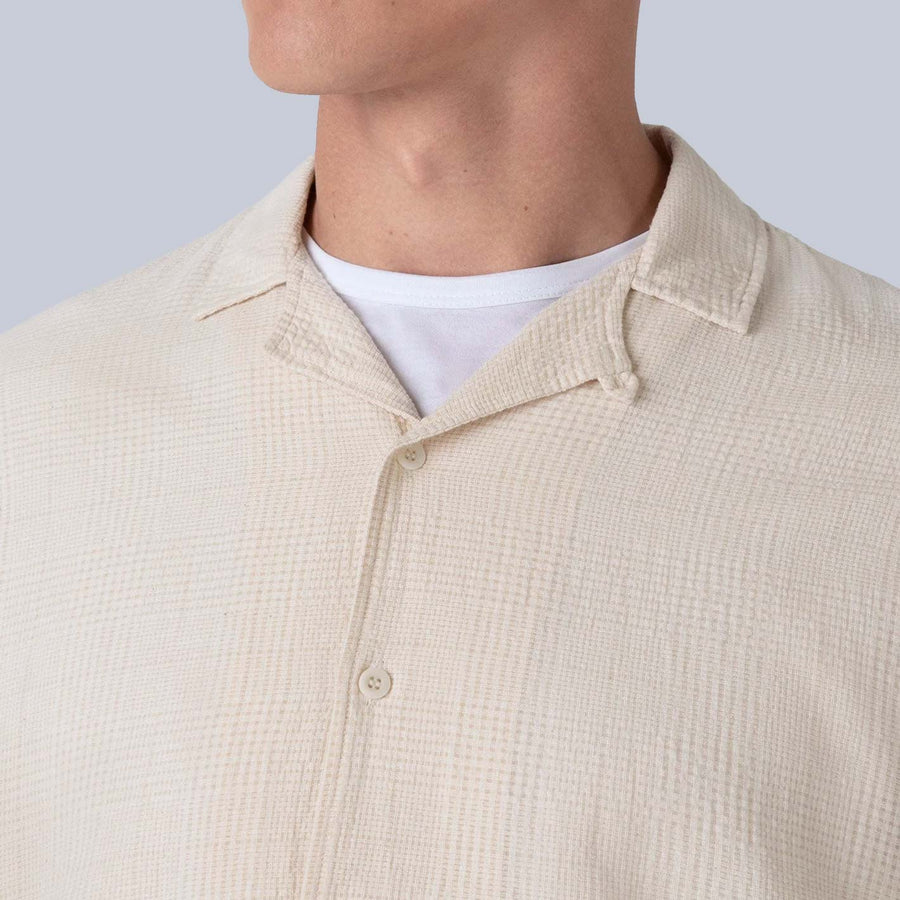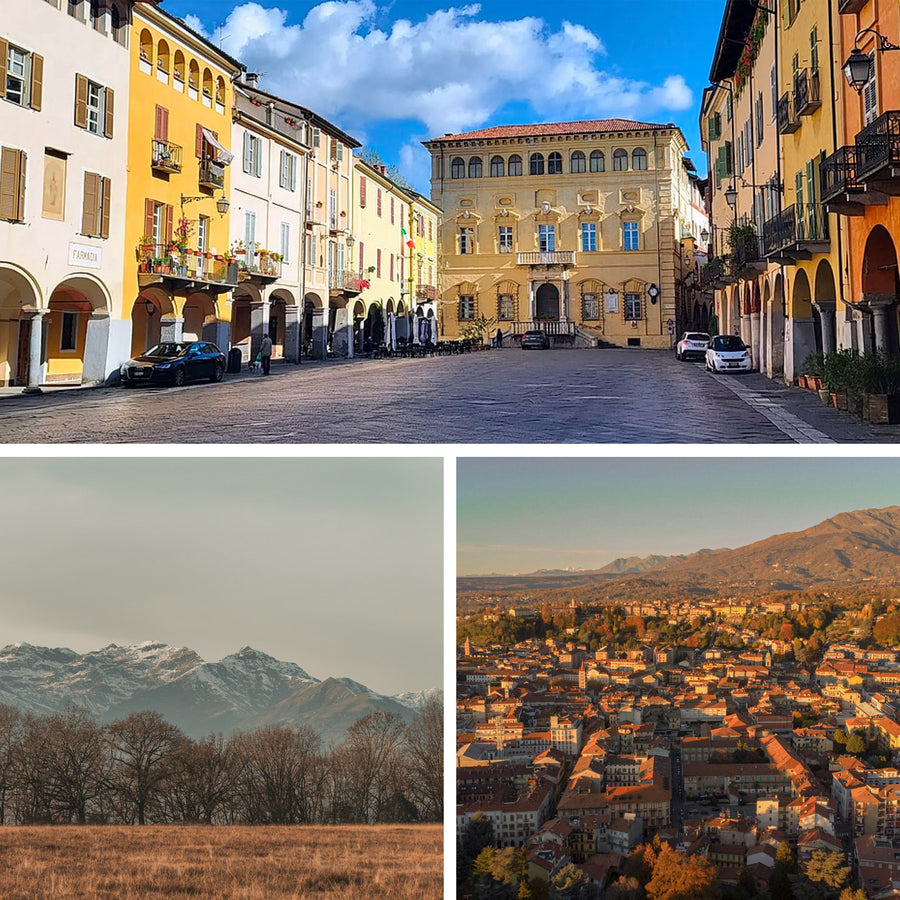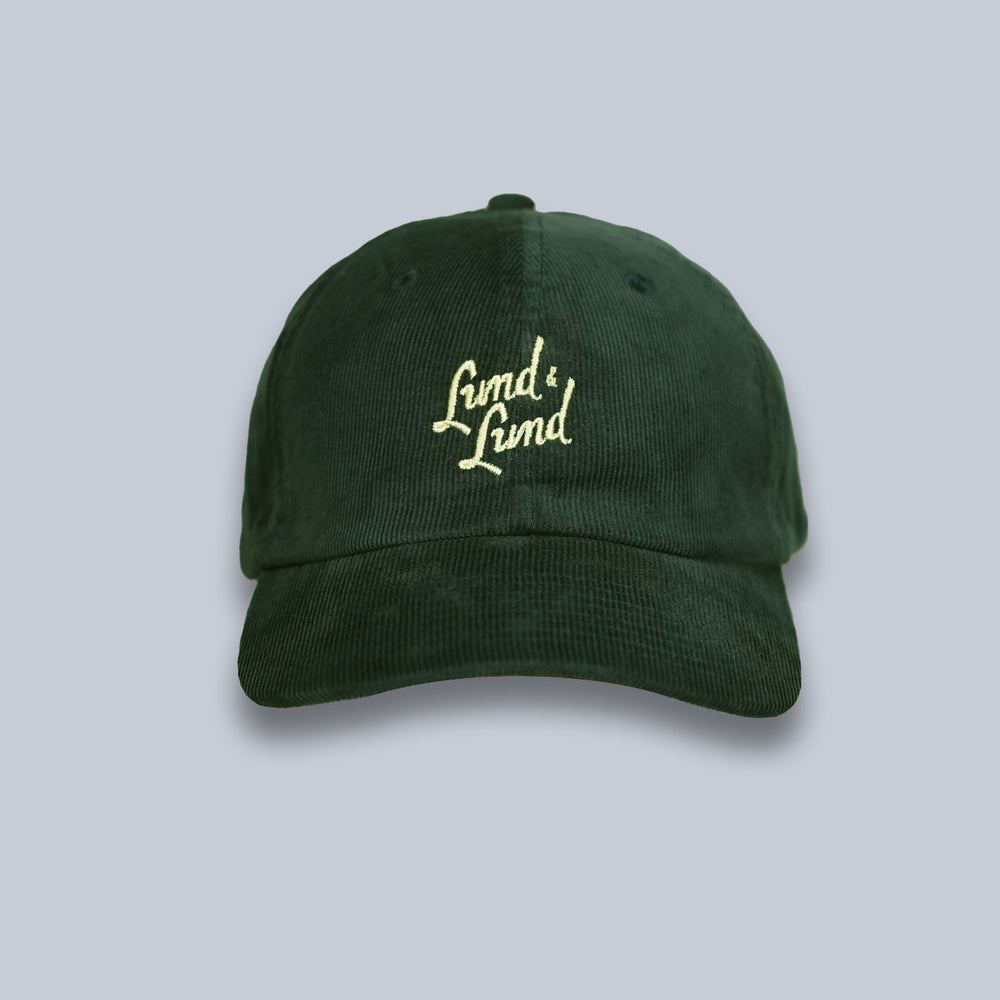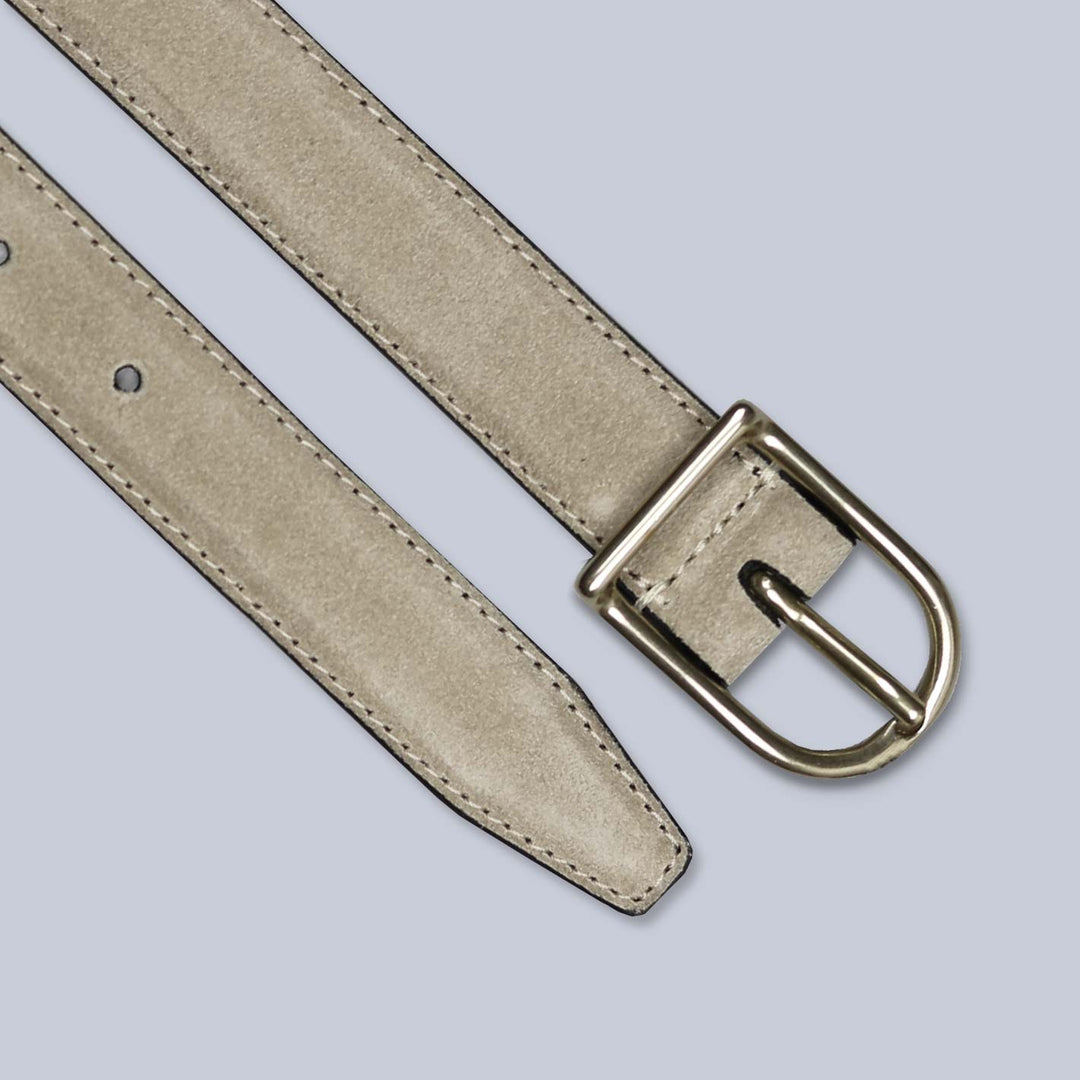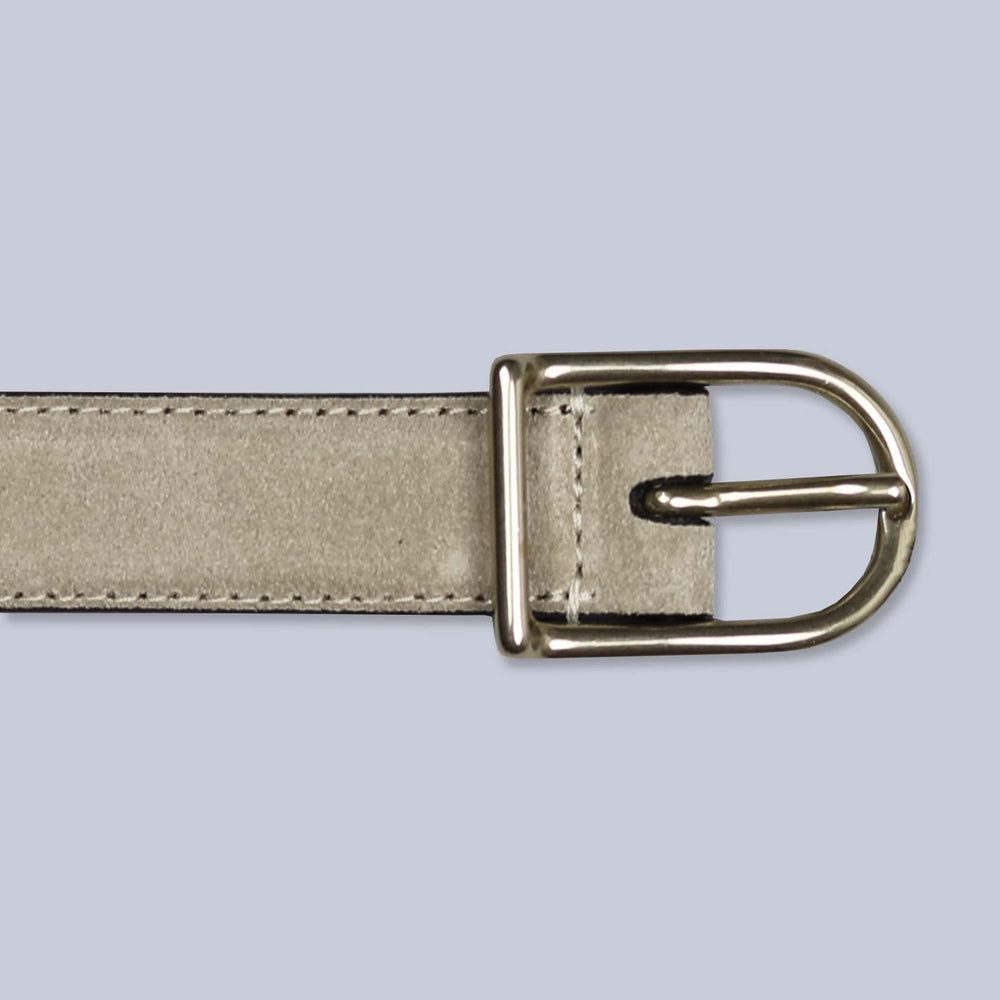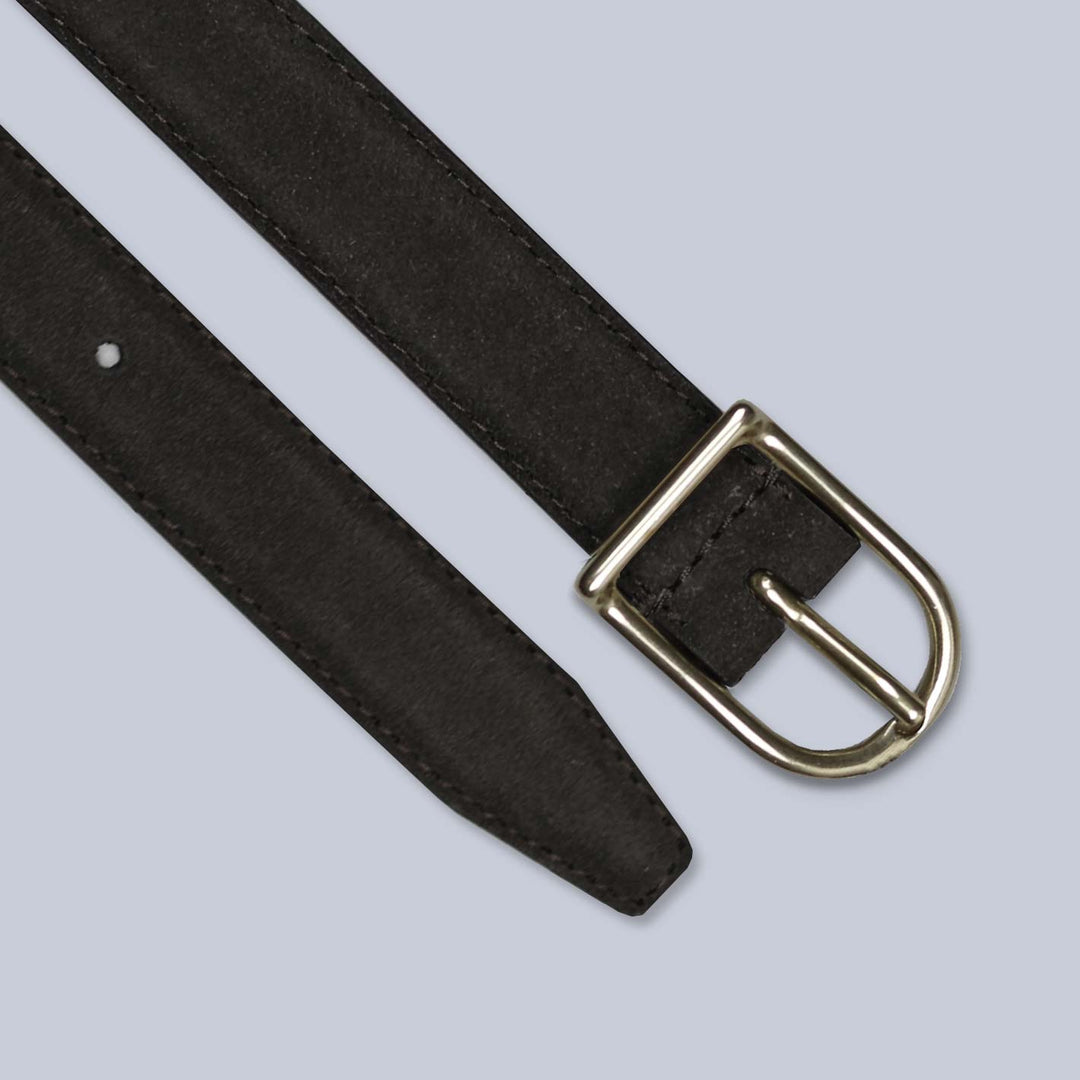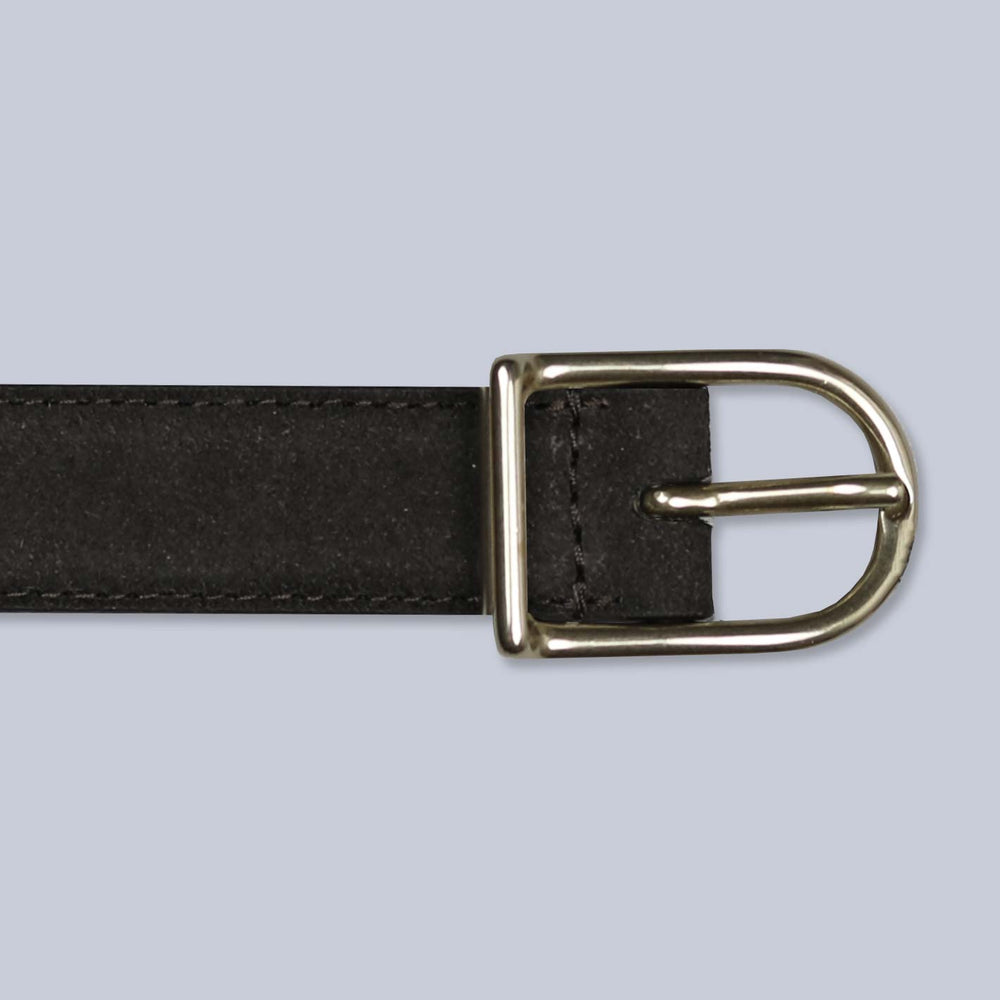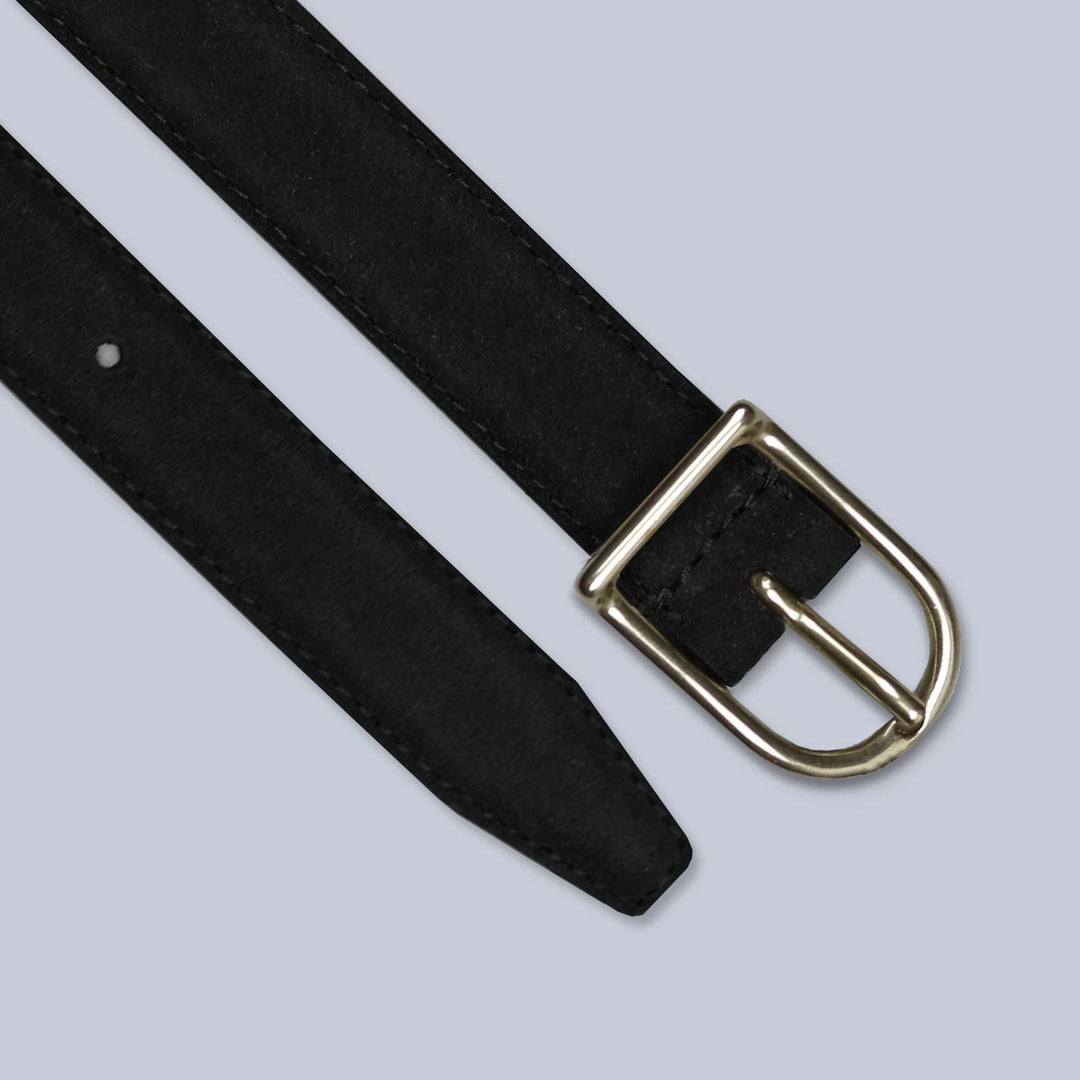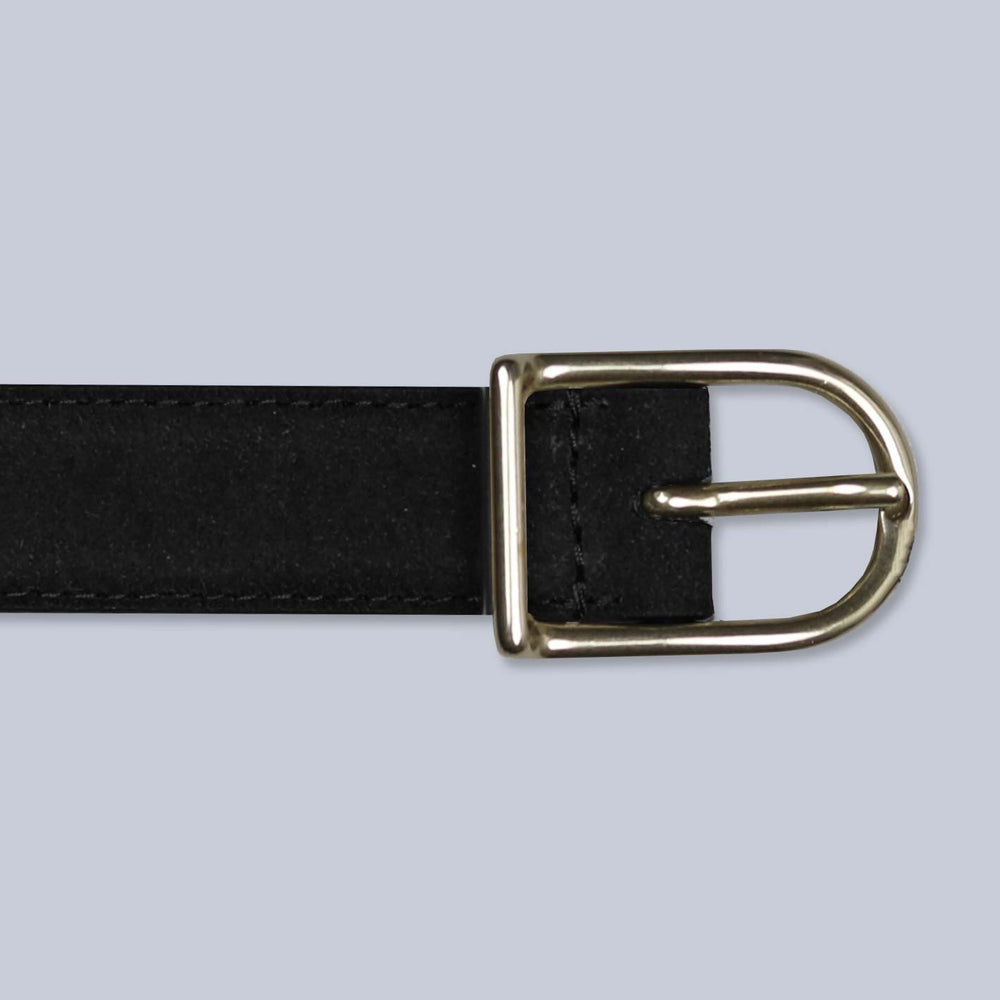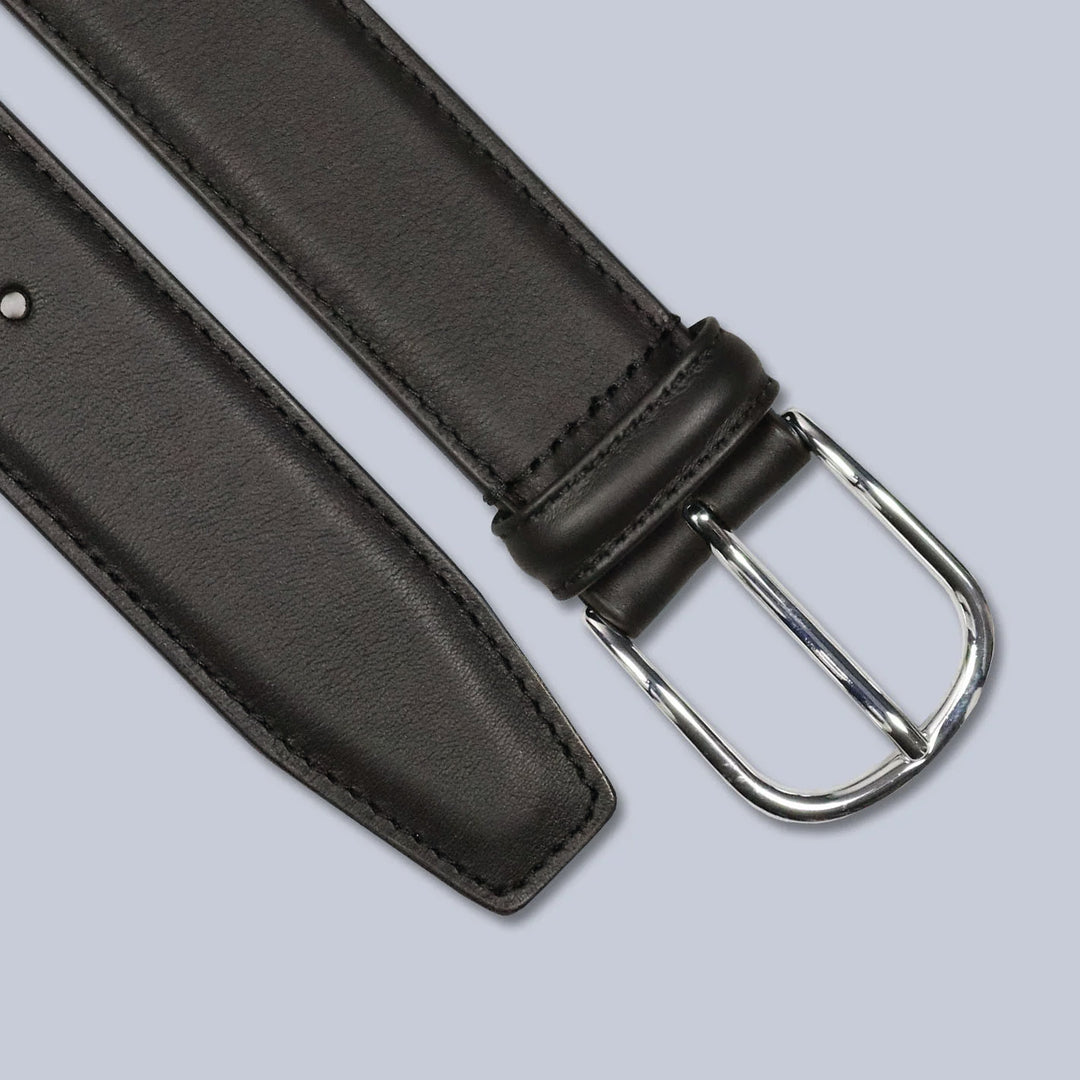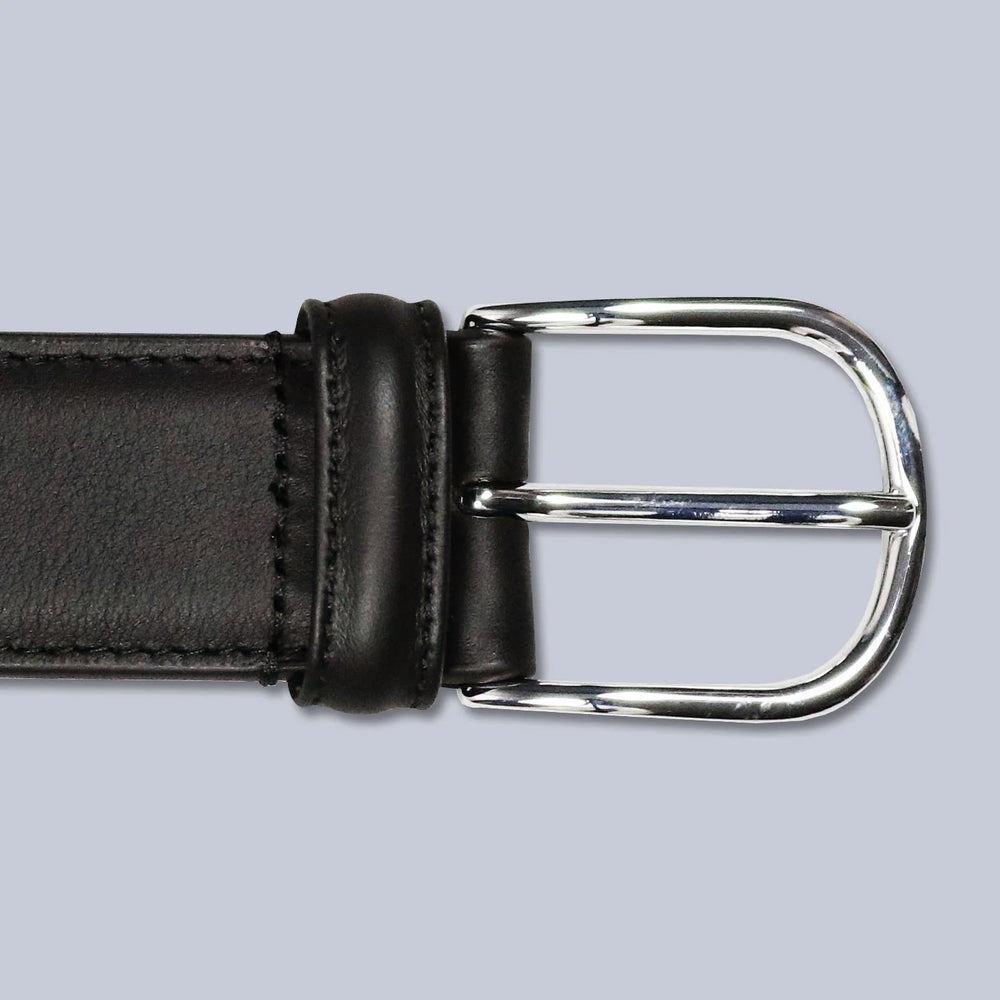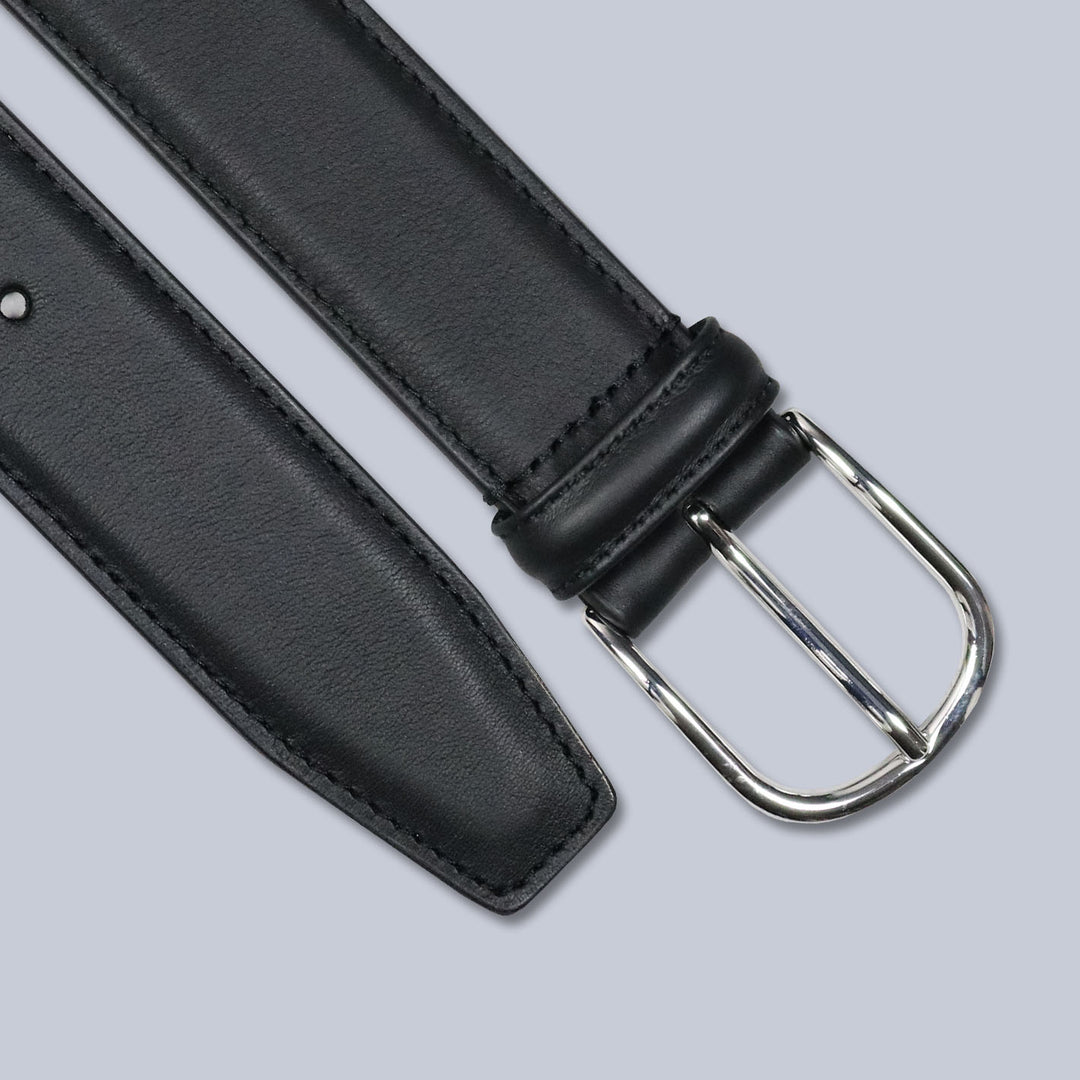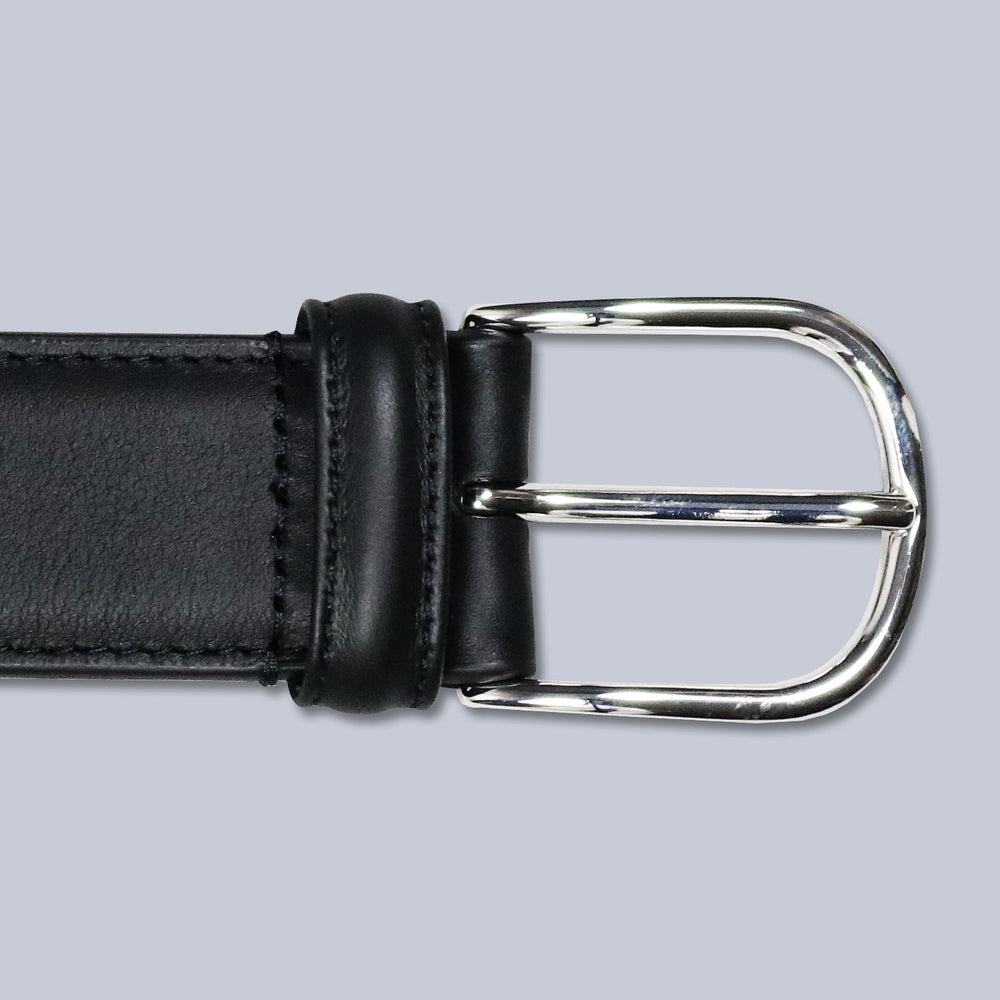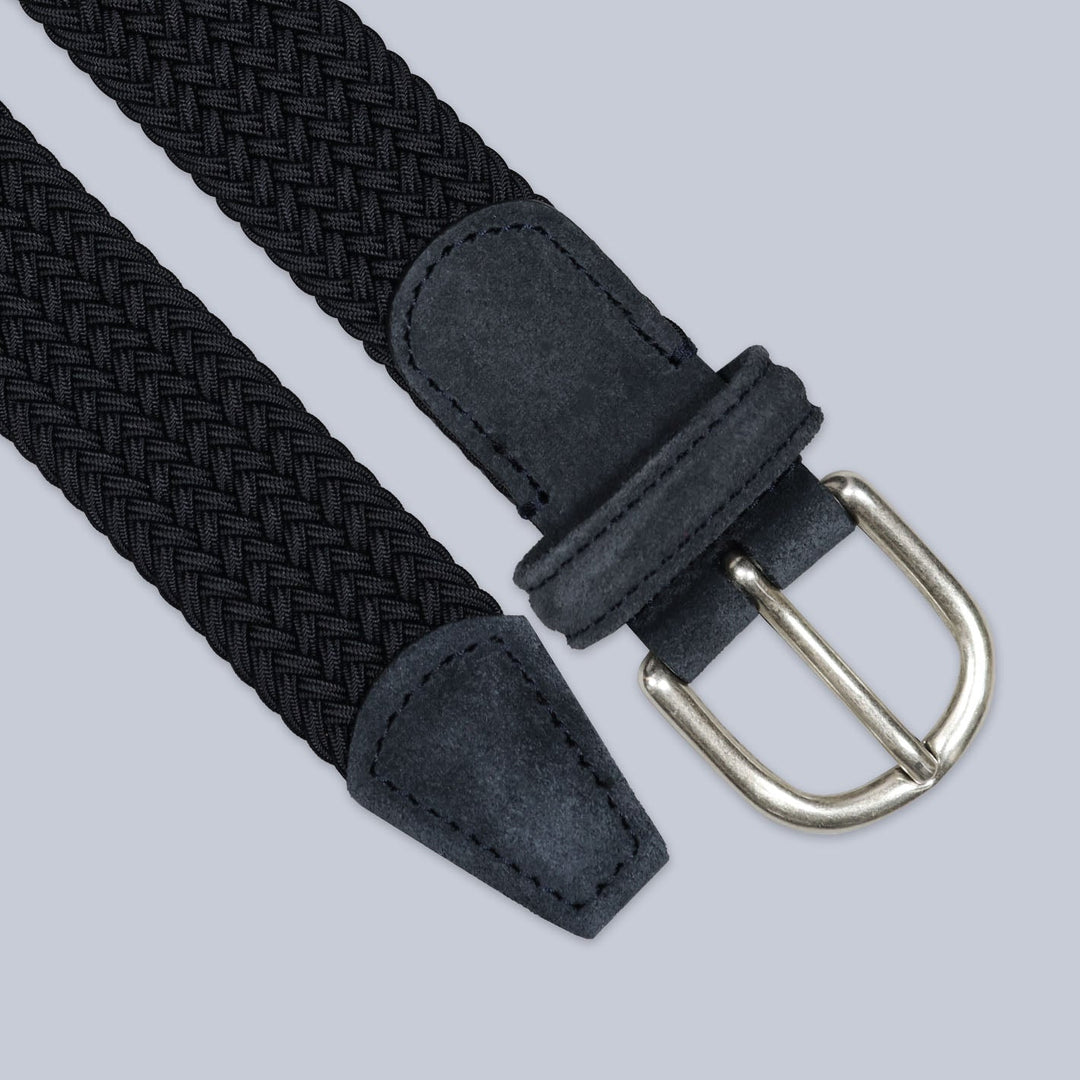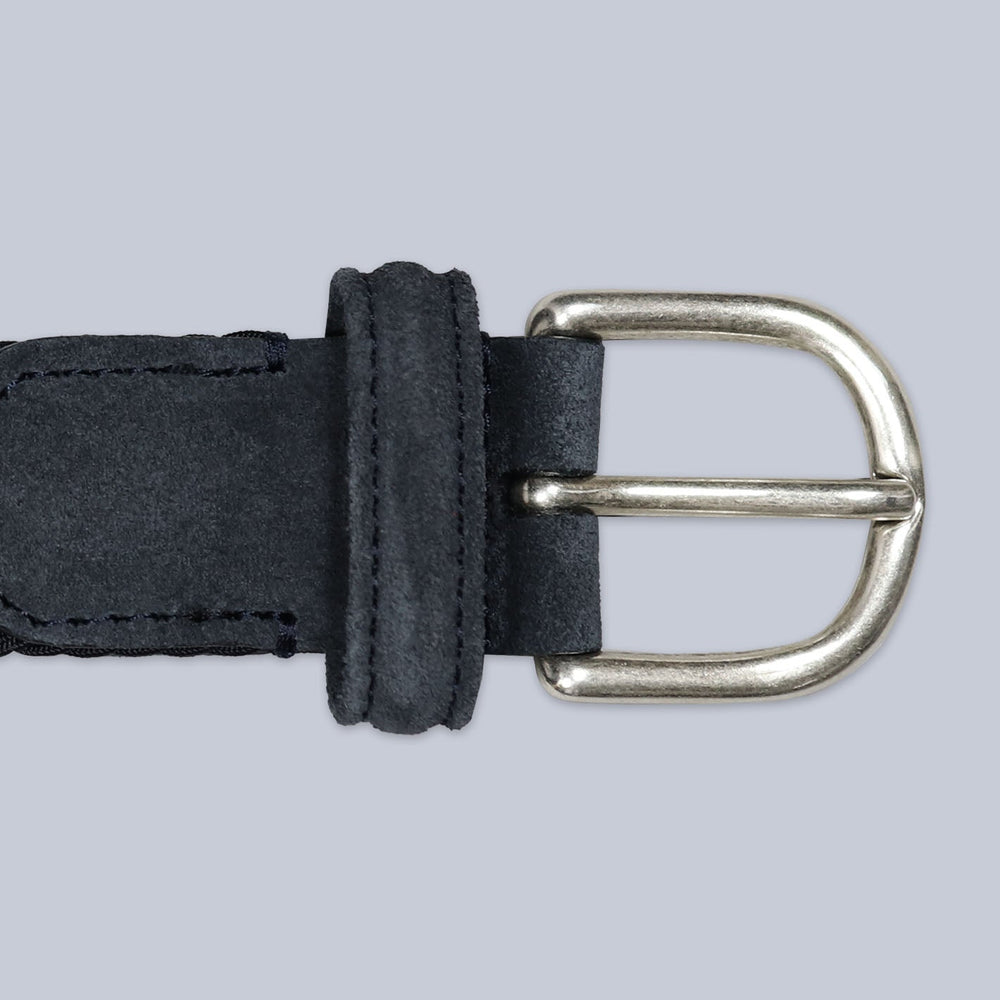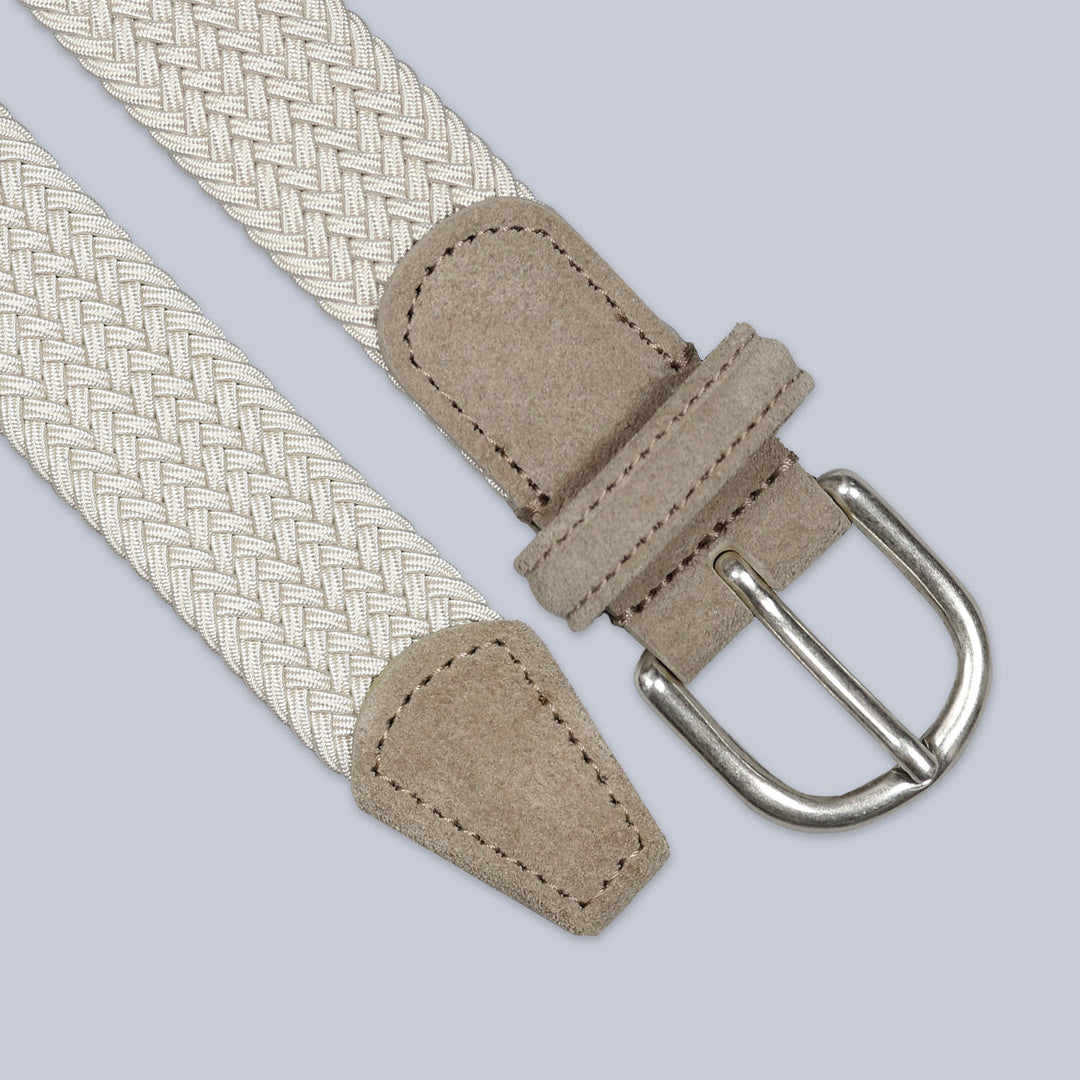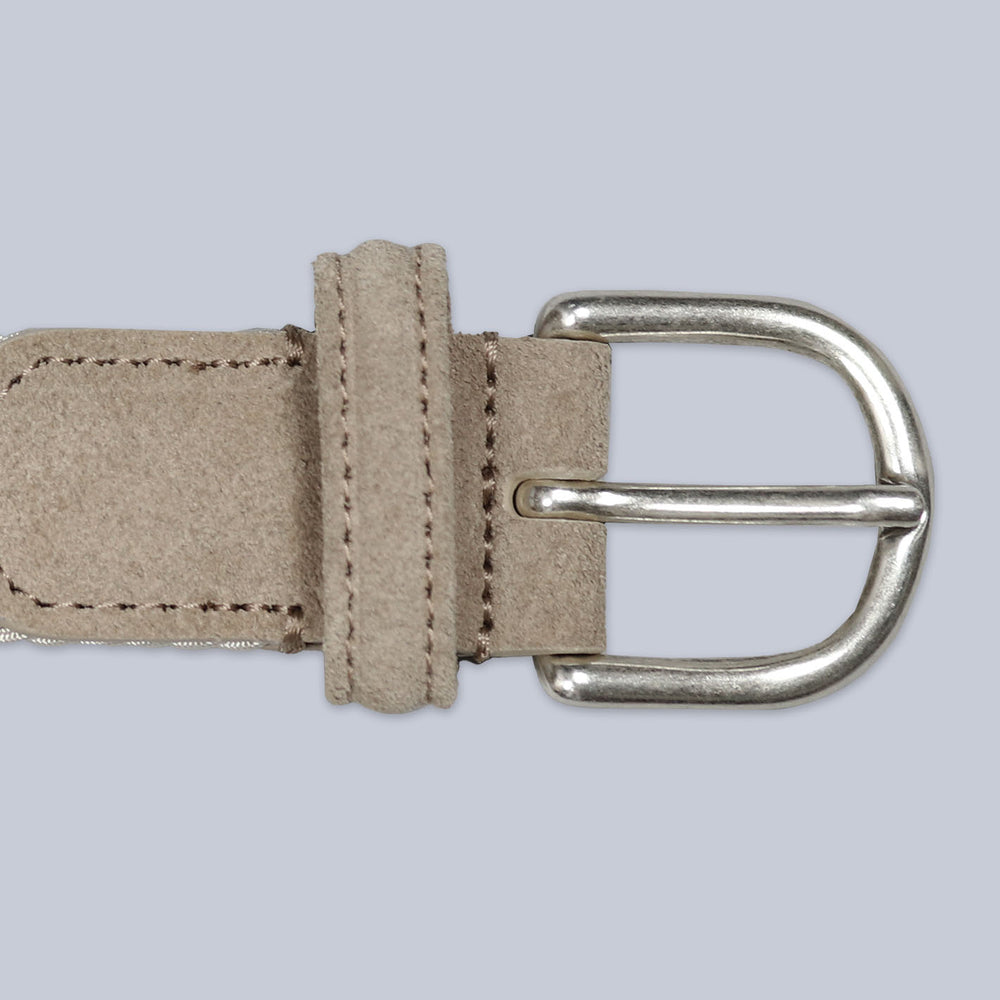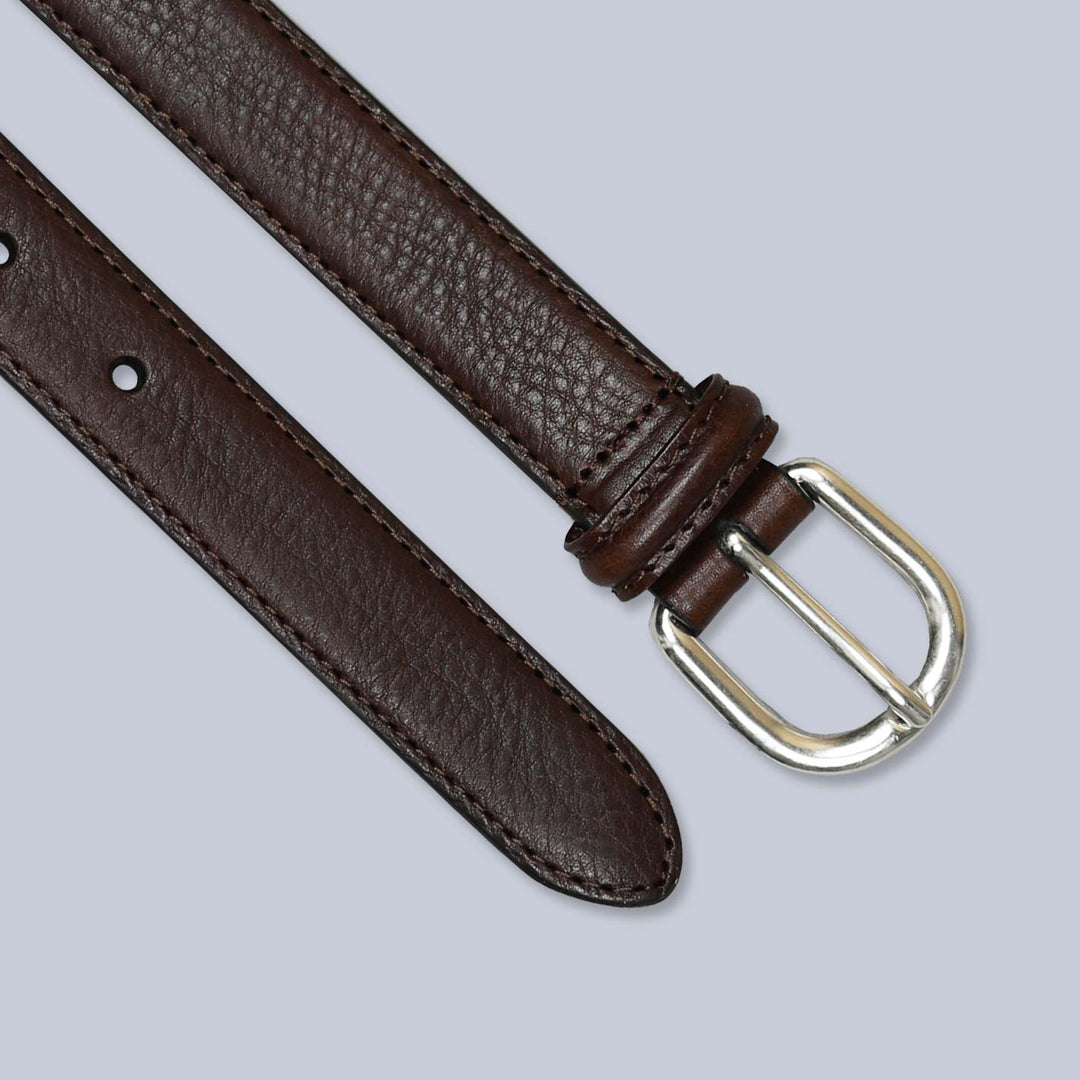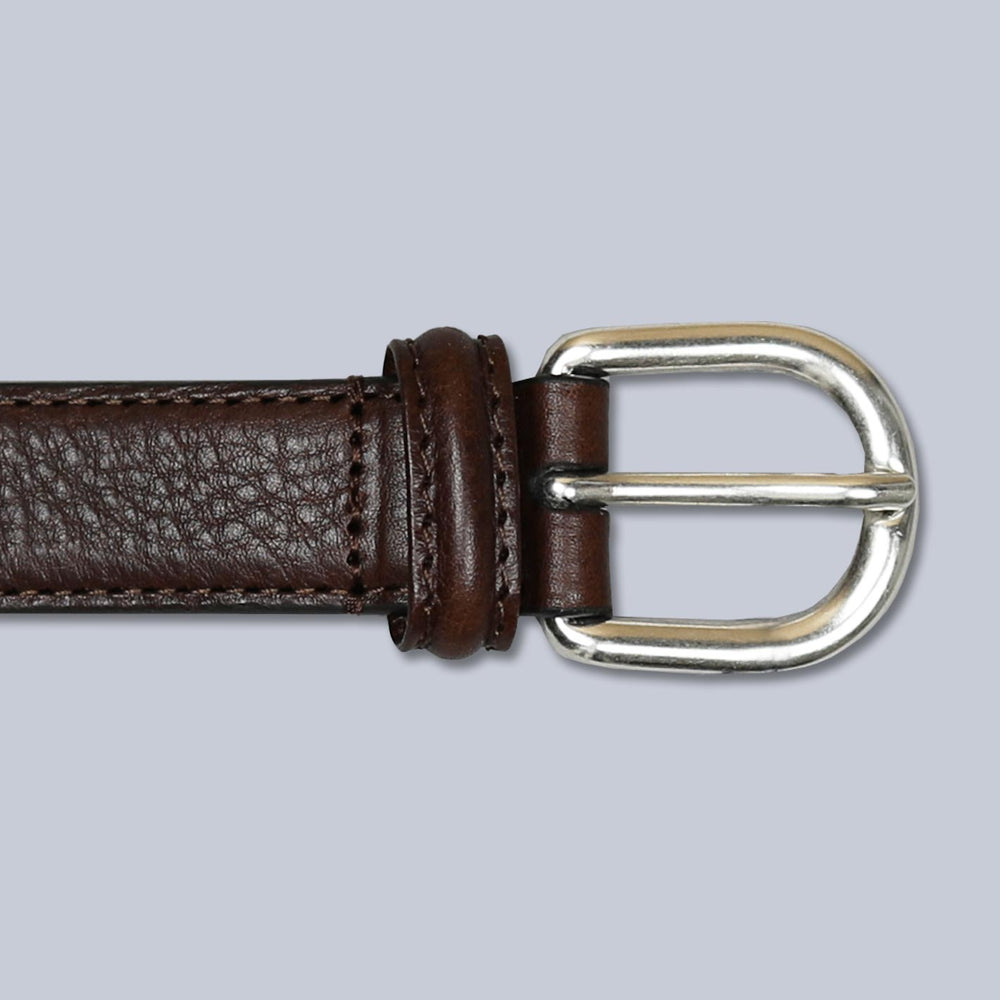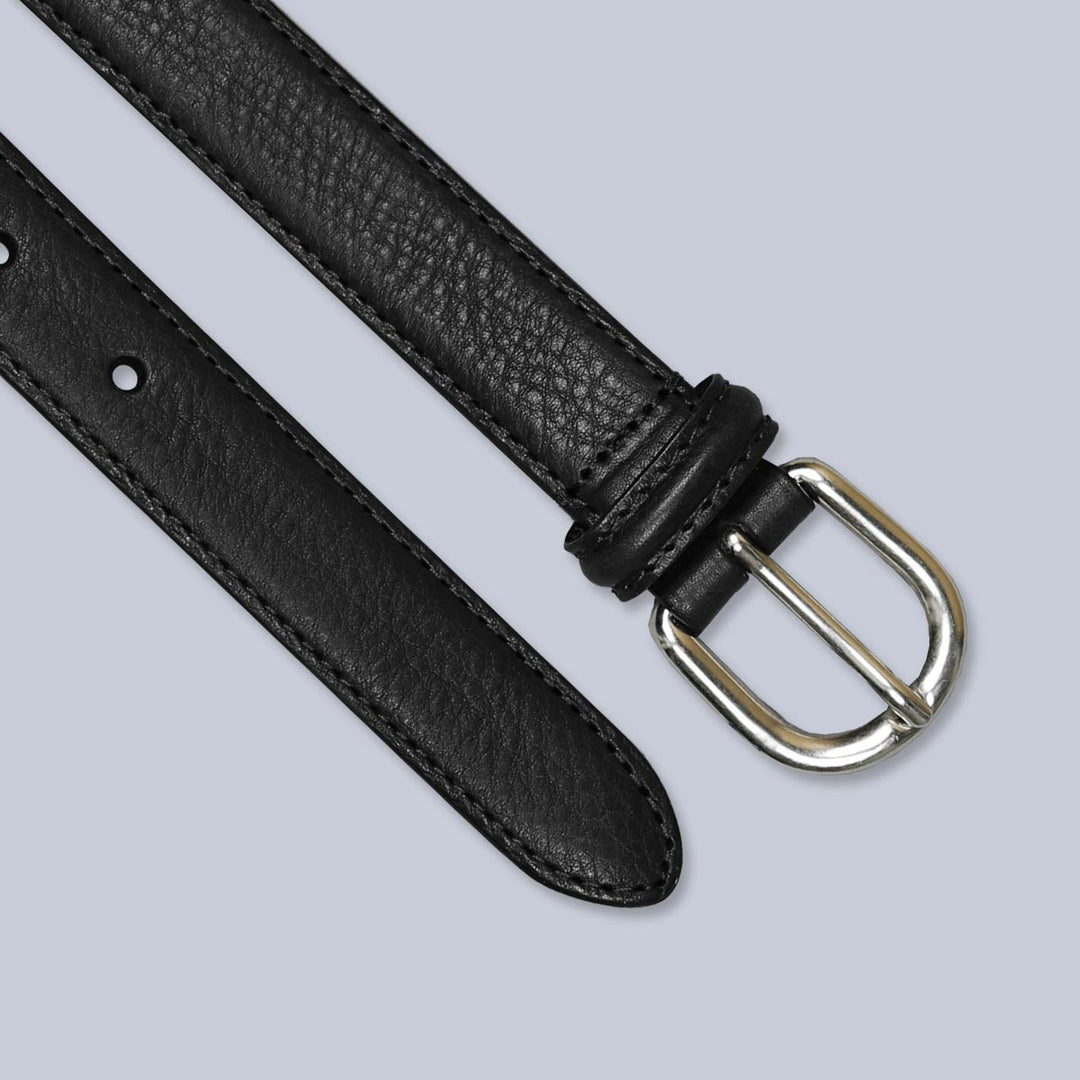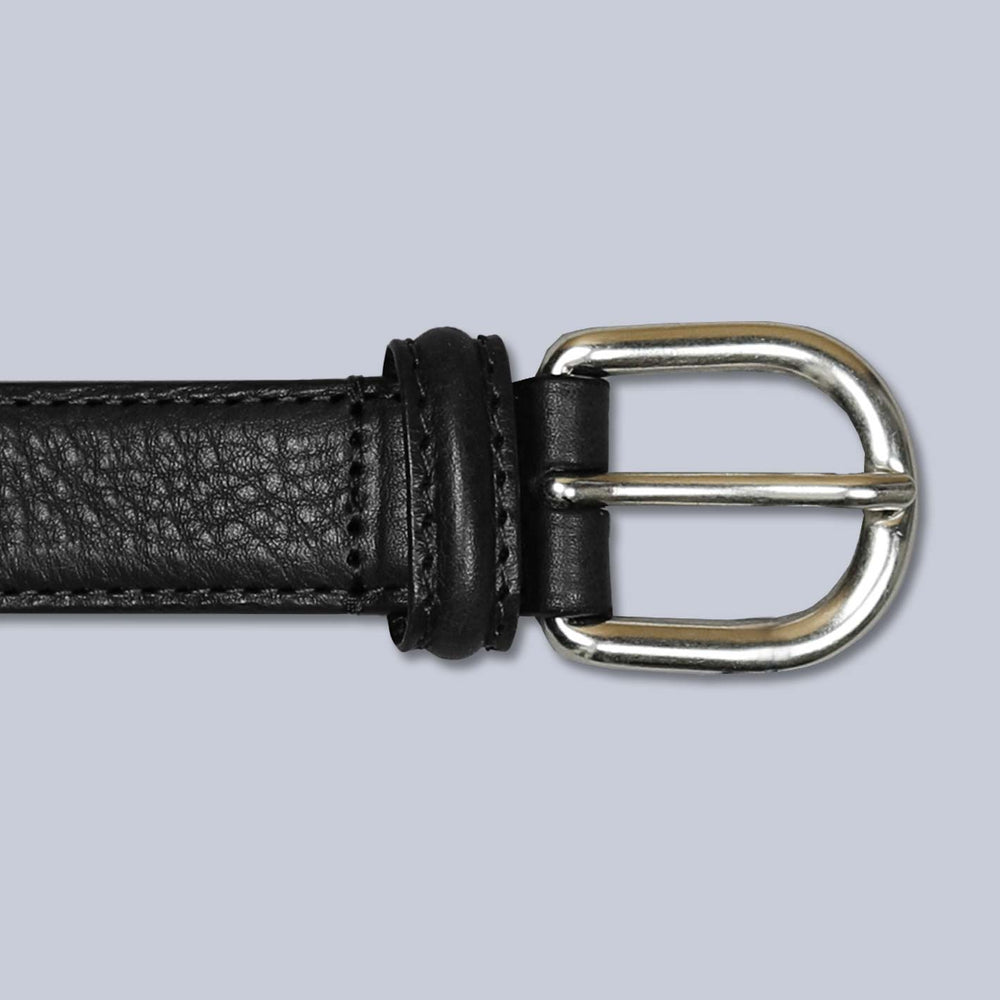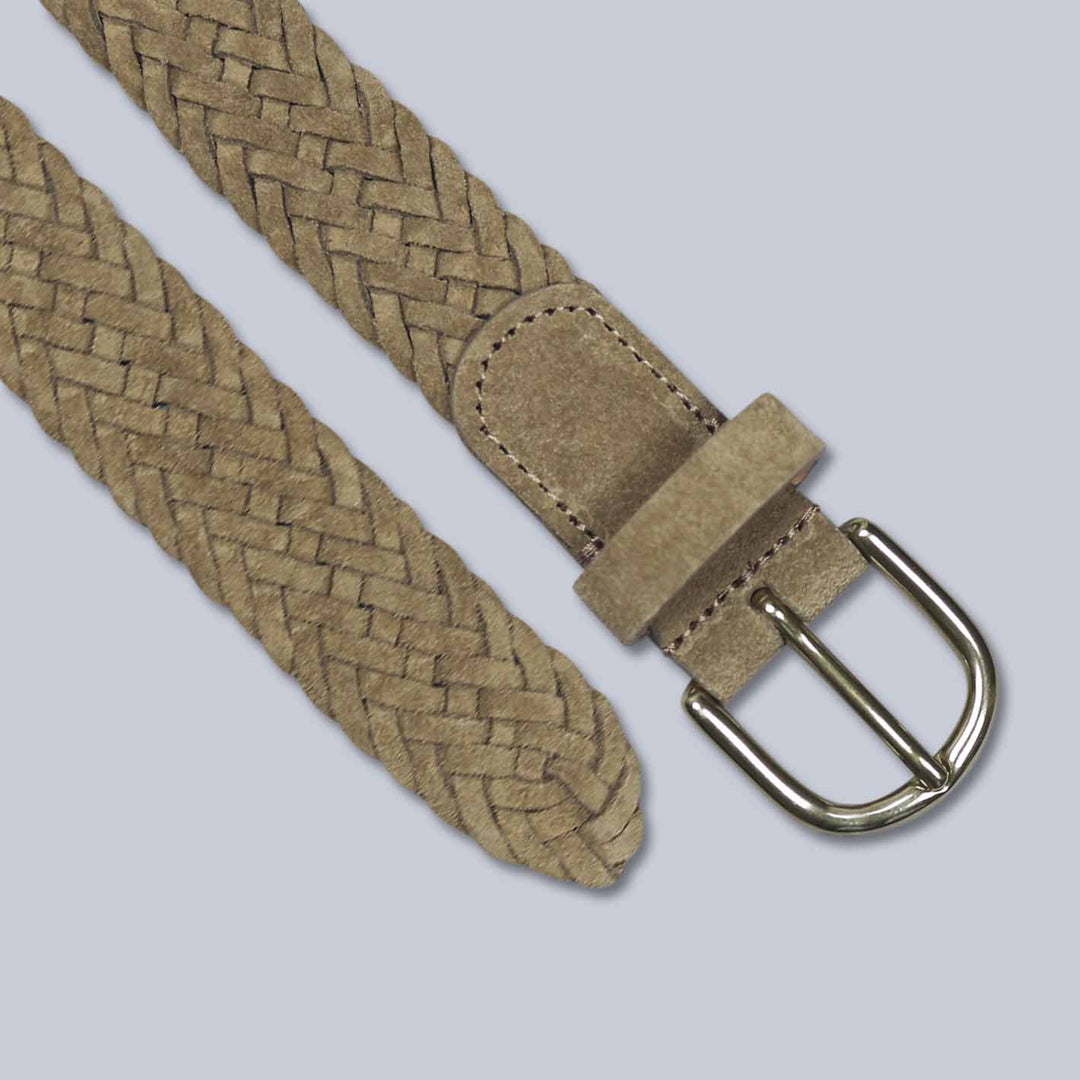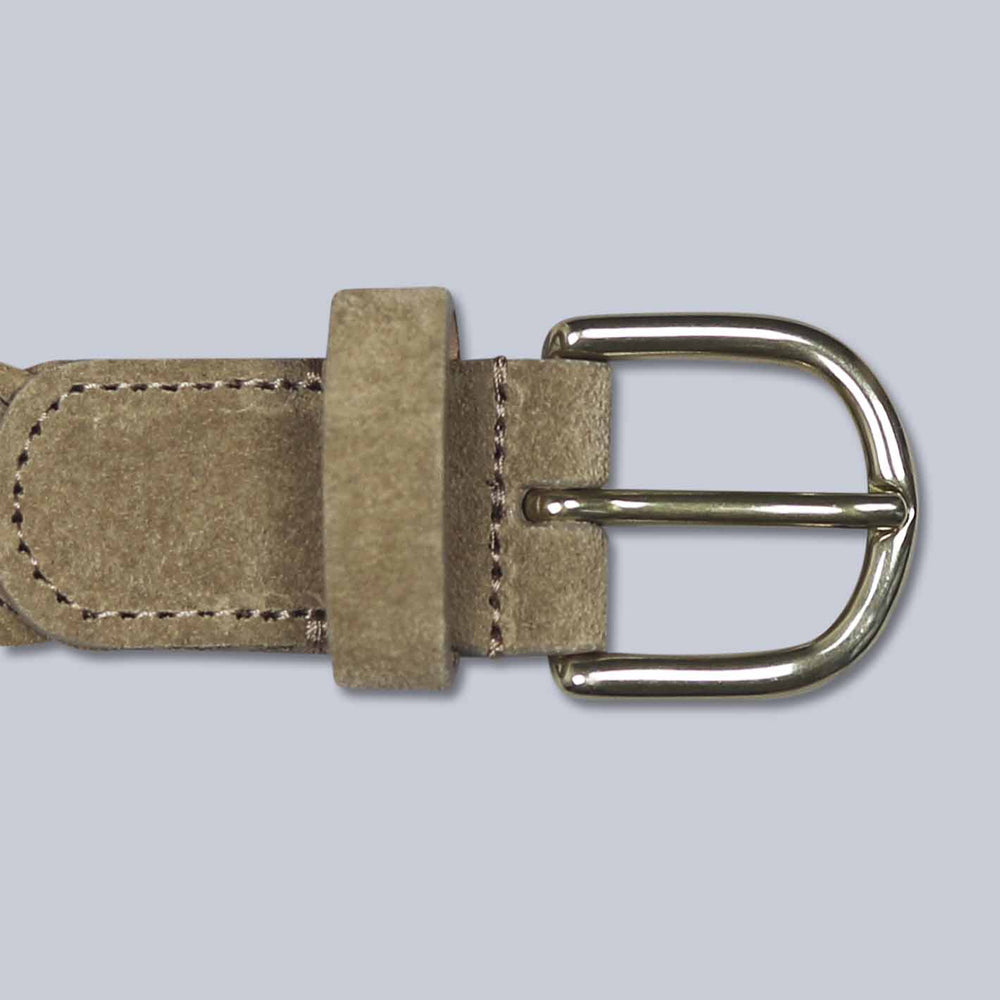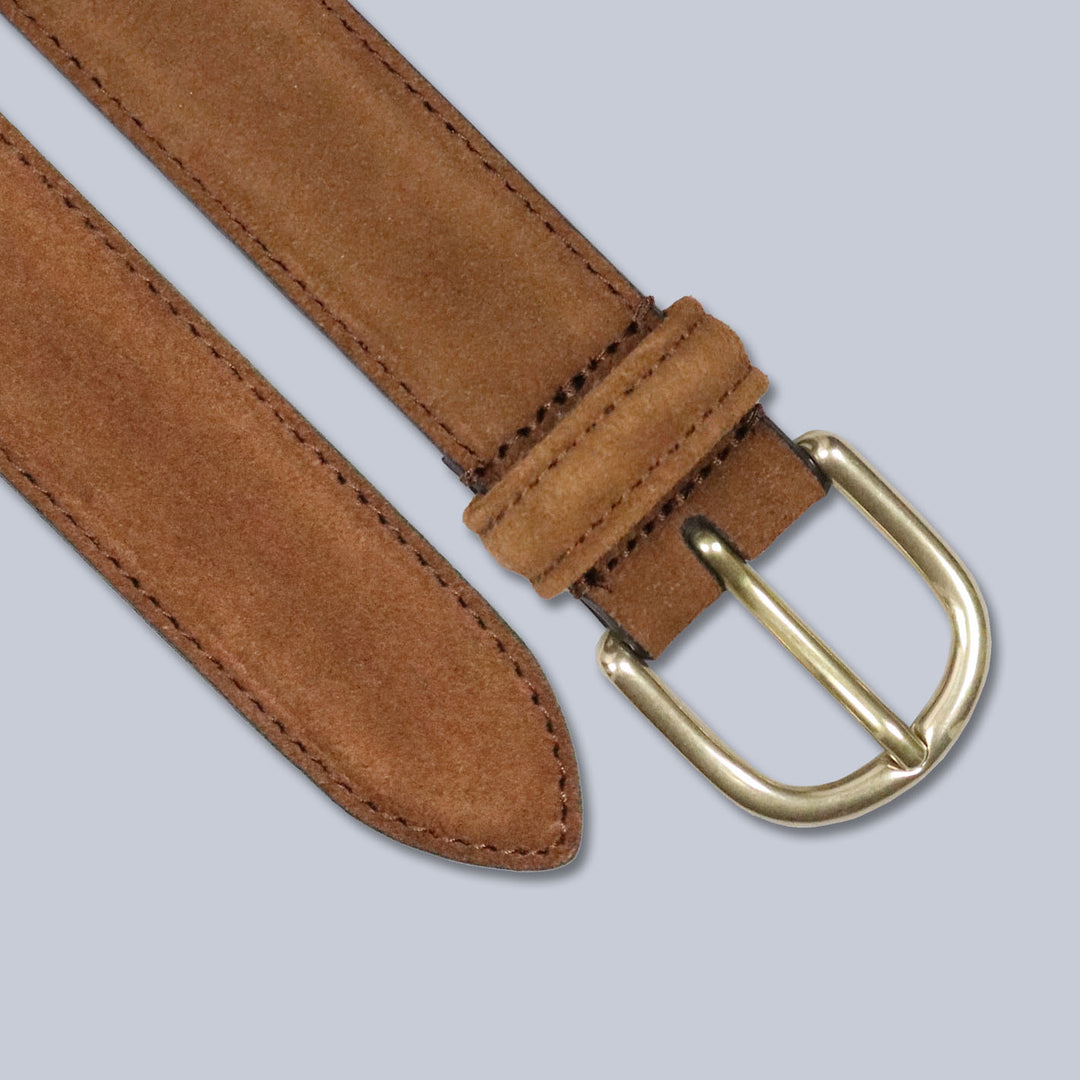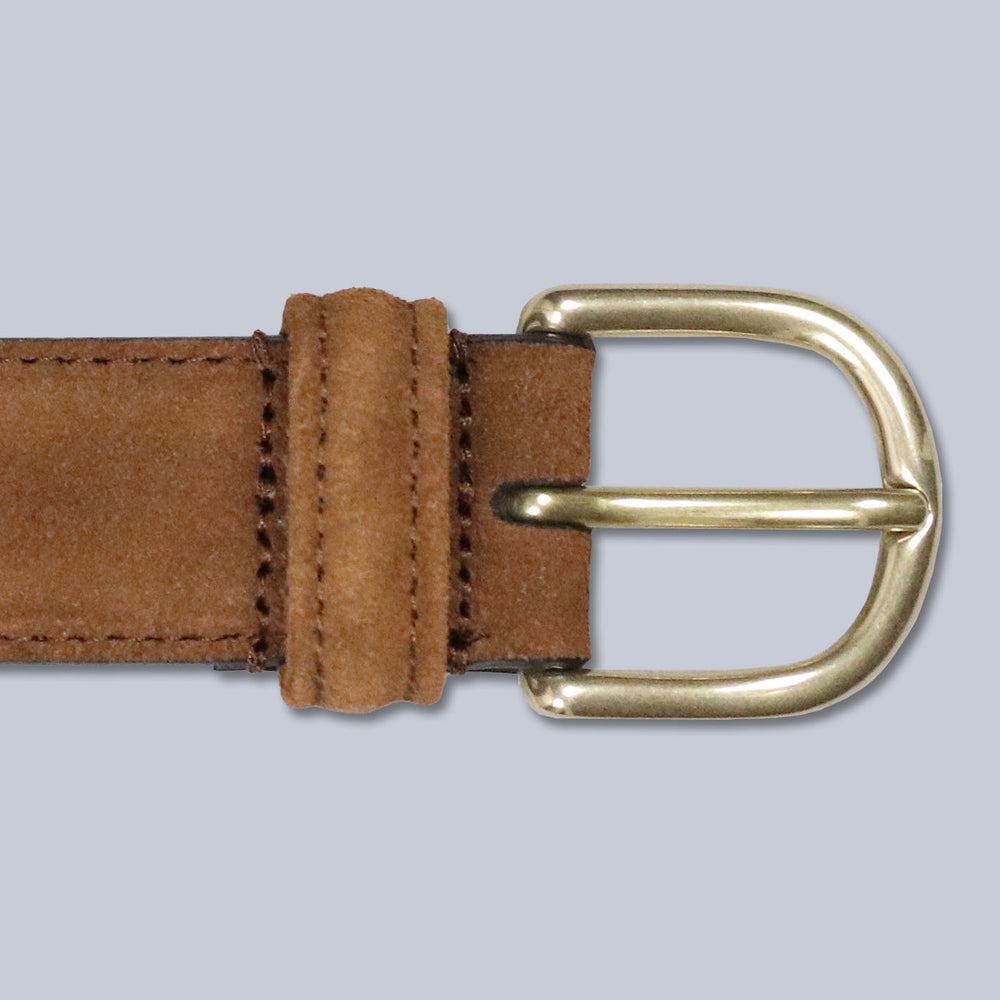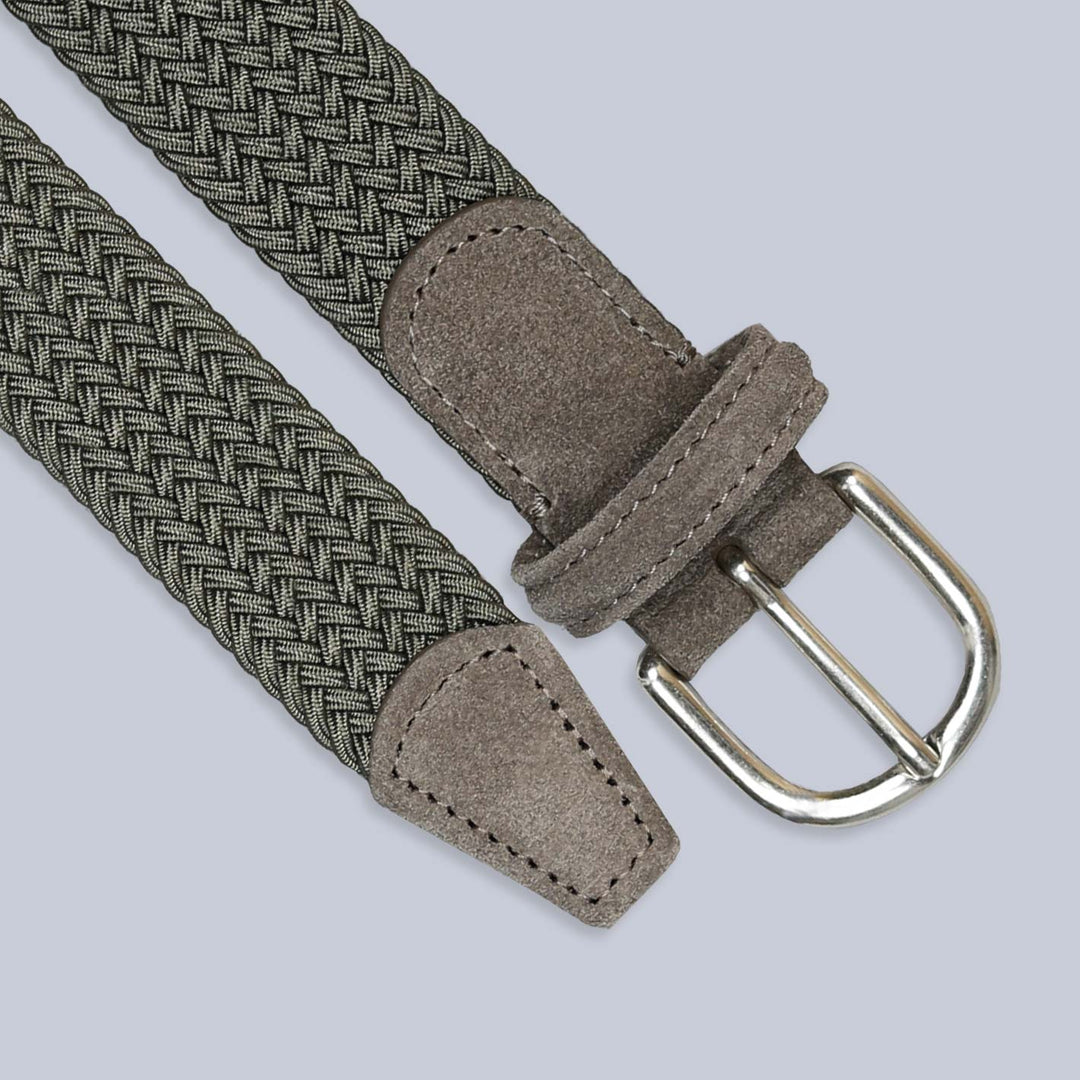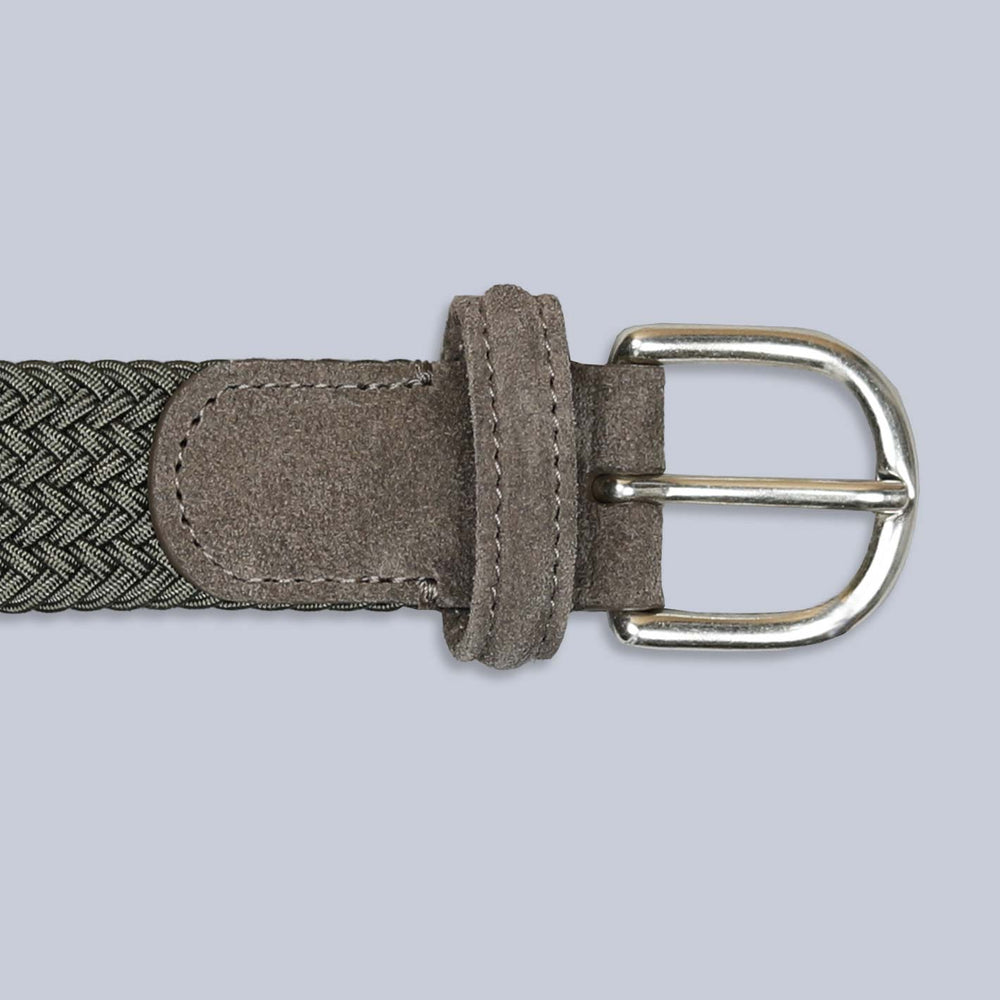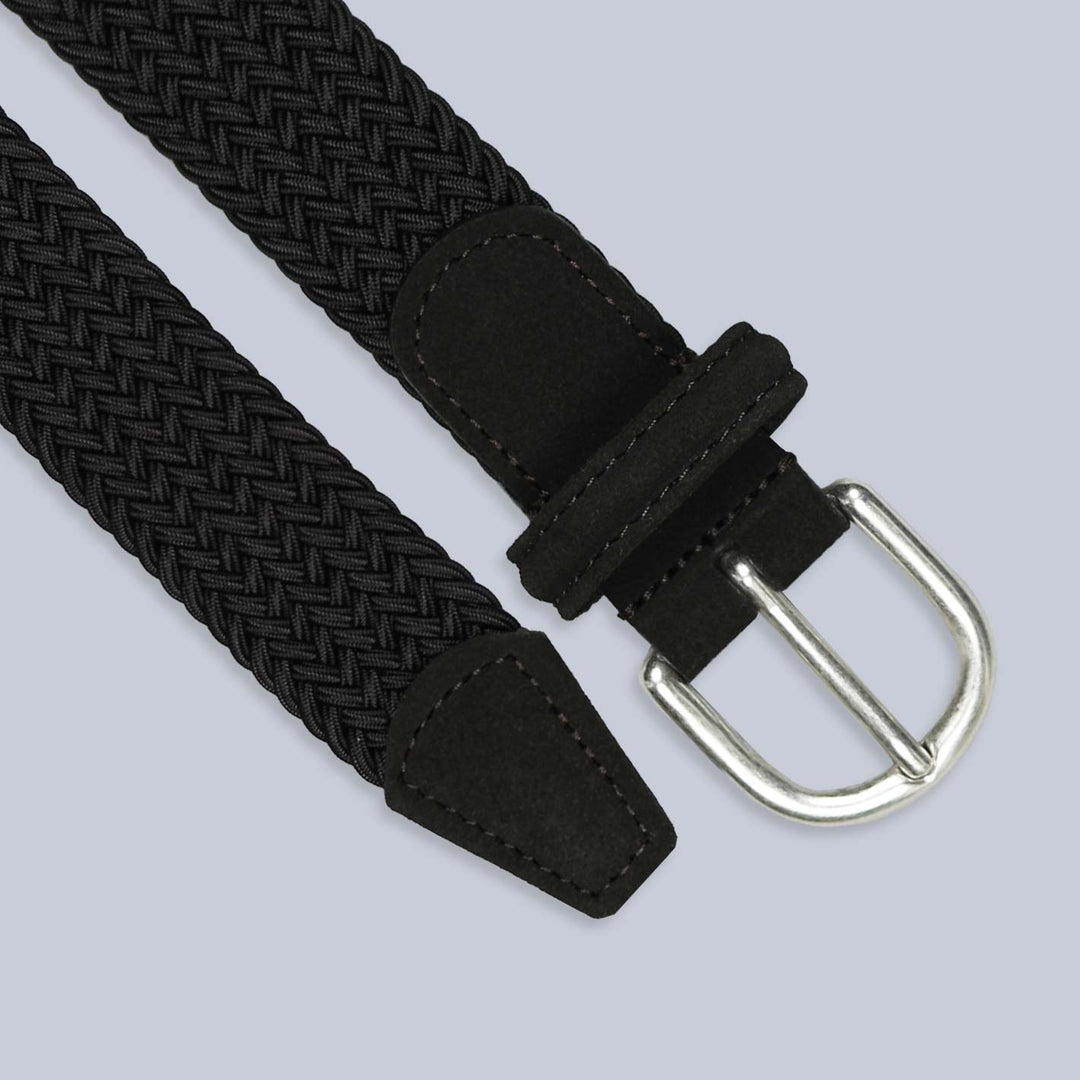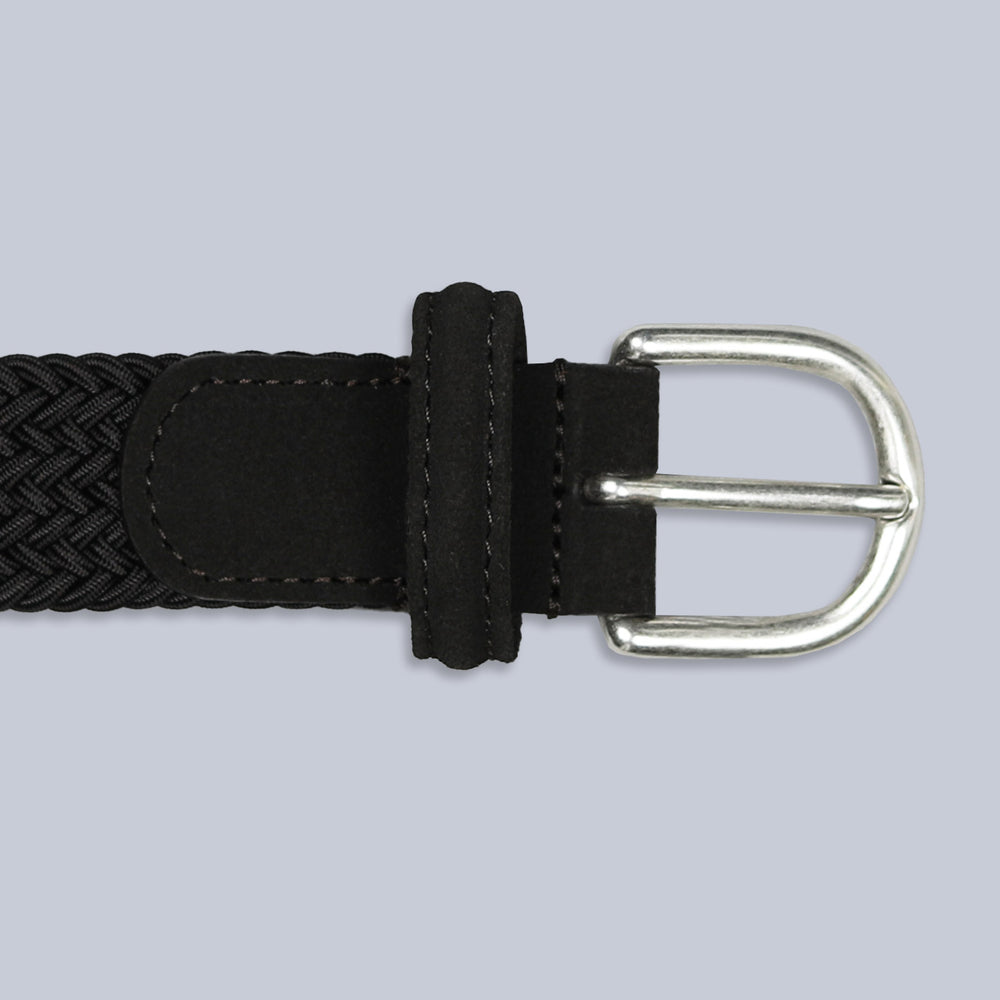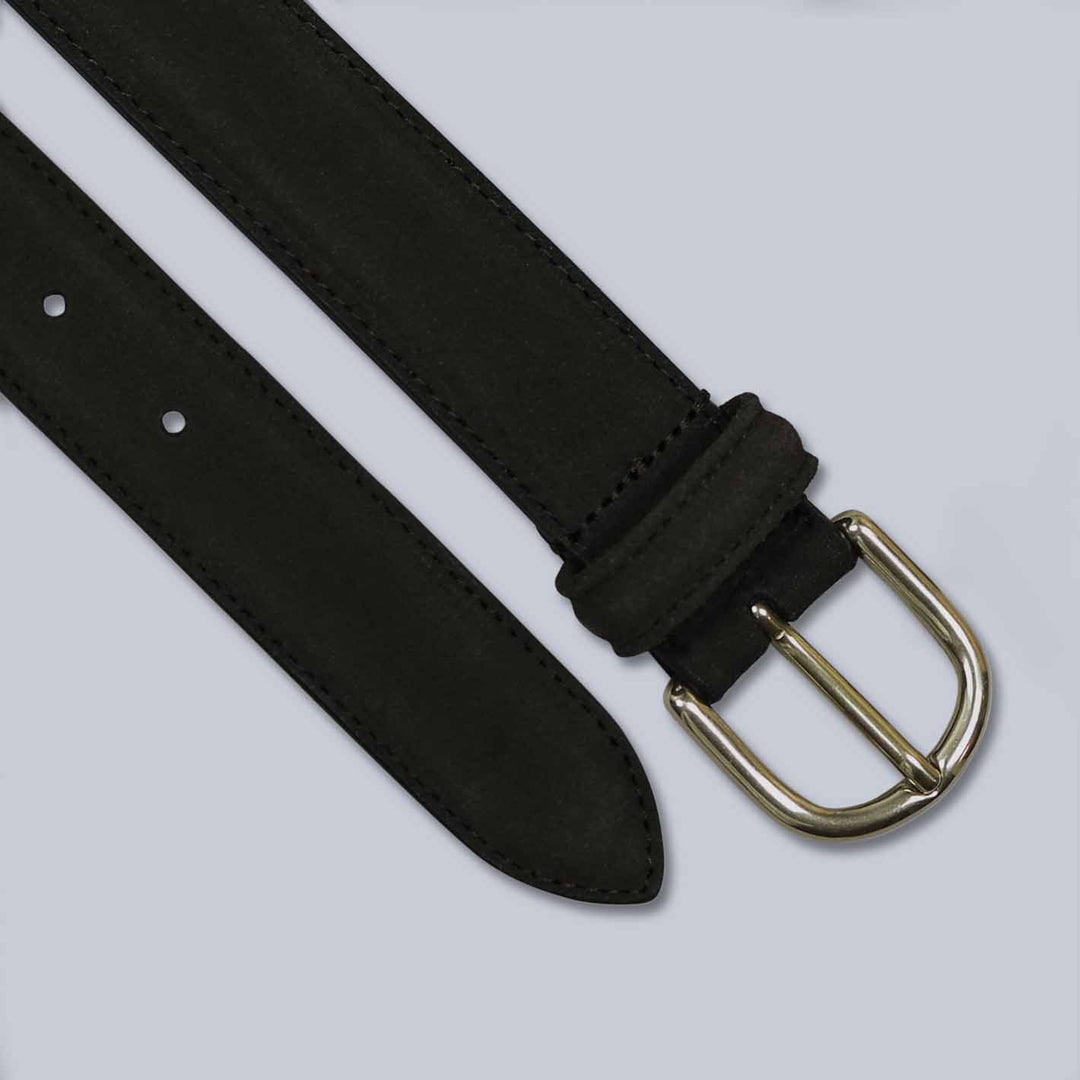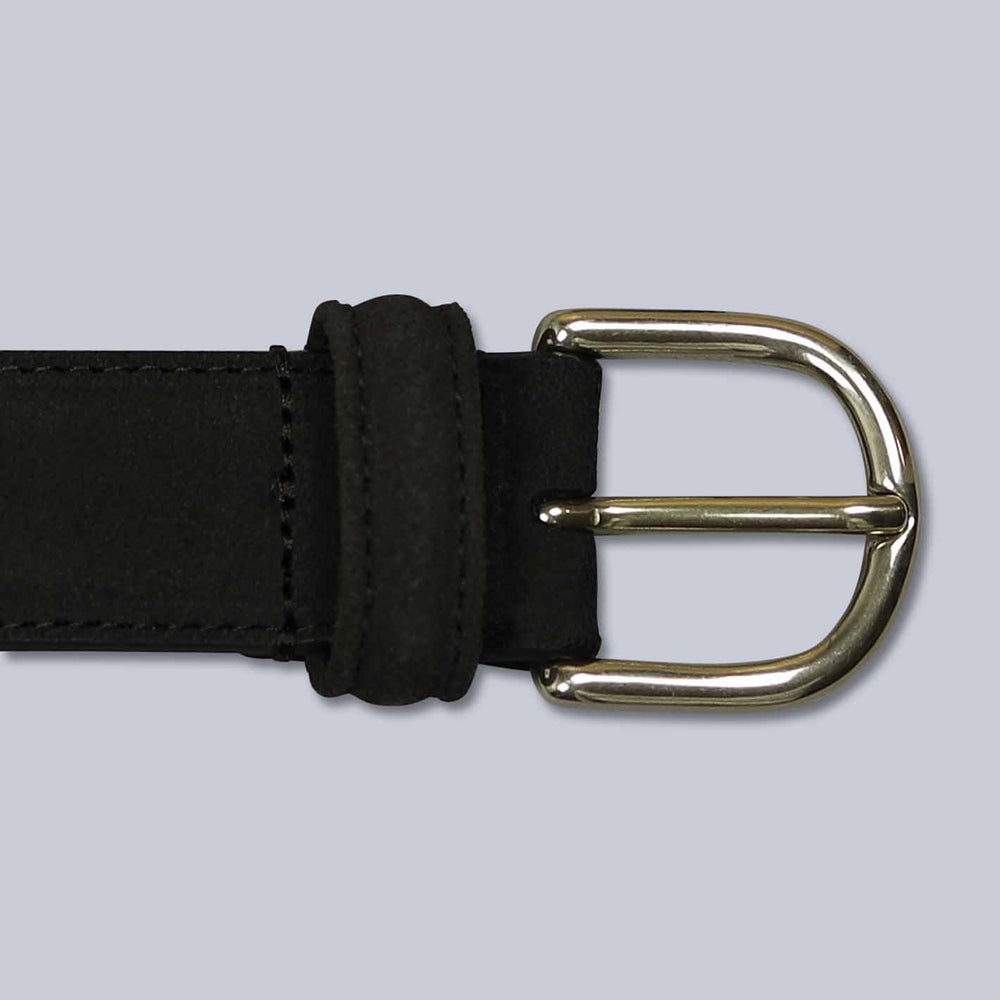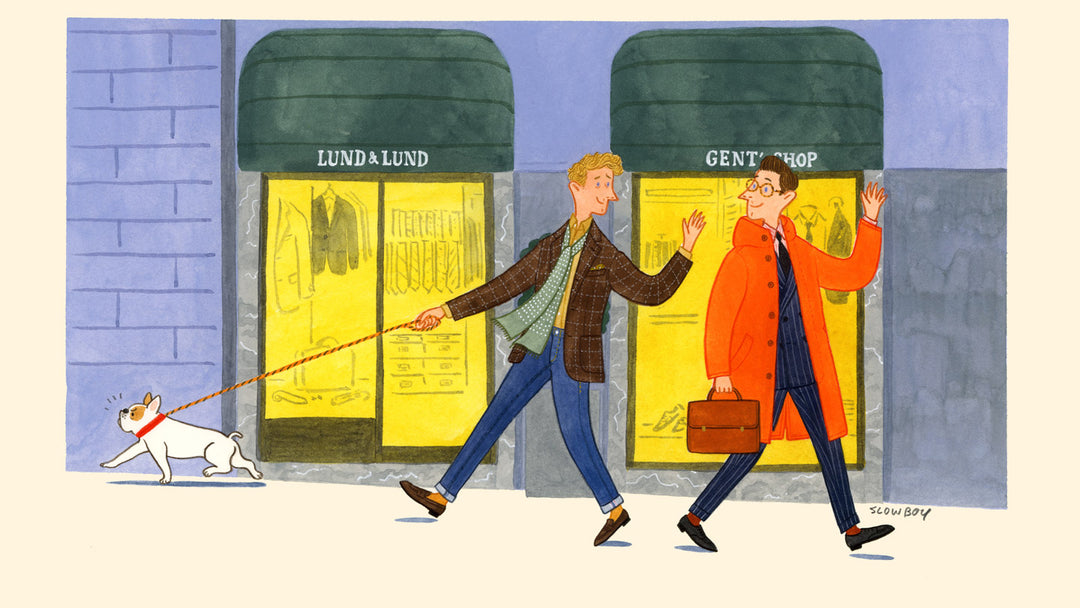Anderson’s Belts
Anderson’s belts are made from fine woven leather and are manufactured in Parma, Italy. The founder, Mr Carlo Valenti, chose an English name when he established the company in 1966 because of his appreciation of traditional British style.

“Parma in Northern Italy is known for the quality of its food and leather goods. And that quality is built on the same passions, skills and stubborn dedication to traditions worth defending. Steeped in those traditions, Anderson’s has been making belts in Parma—and nowhere else—for the last 50 years.
The company was founded by Carlo Valenti, one of a long line of Parma leather workers. His factory (and the people who worked in it) quickly established a reputation for quality and craftsmanship. They developed new techniques and finishes, matched handcrafting with expert tooling, new technologies with an experienced eye.

A dedicated Anglophile, Valenti named the company after Anderson and Sheppard, his favored Savile Row maker. By the late 1980s, Anderson’s was ready to develop from a factory to its own brand and to build it around what would become an iconic design.
The launch of the multi-colored woven belt made clear Anderson’s craft and commitment to innovation. “We understood that this was really new,” says Riccardo Valenti, CEO of the family-owned company. “It stated immediately the personality and character of the brand. It was fresh and modern but also authentic because it was made in our factory.”

Anderson’s belts—from the multicolor stretch belt, in hundreds of different combinations, the handmade woven tubular belt, in numerous color variations, to traditional hand-tooled saddle leather belts, belts in suede and nappa and exotic skins—now sell across the world. They are stocked in cutting-edge independents, traditional tailors and giant department stores in over 80 different countries.
“To make the best belt requires the perfect balance of the past, your skills and identity, your heritage, personality and procedures; the present, your people and the tools they use; and the future. You have to improve for tomorrow. And that is pretty much what it takes to make the best of anything.”

